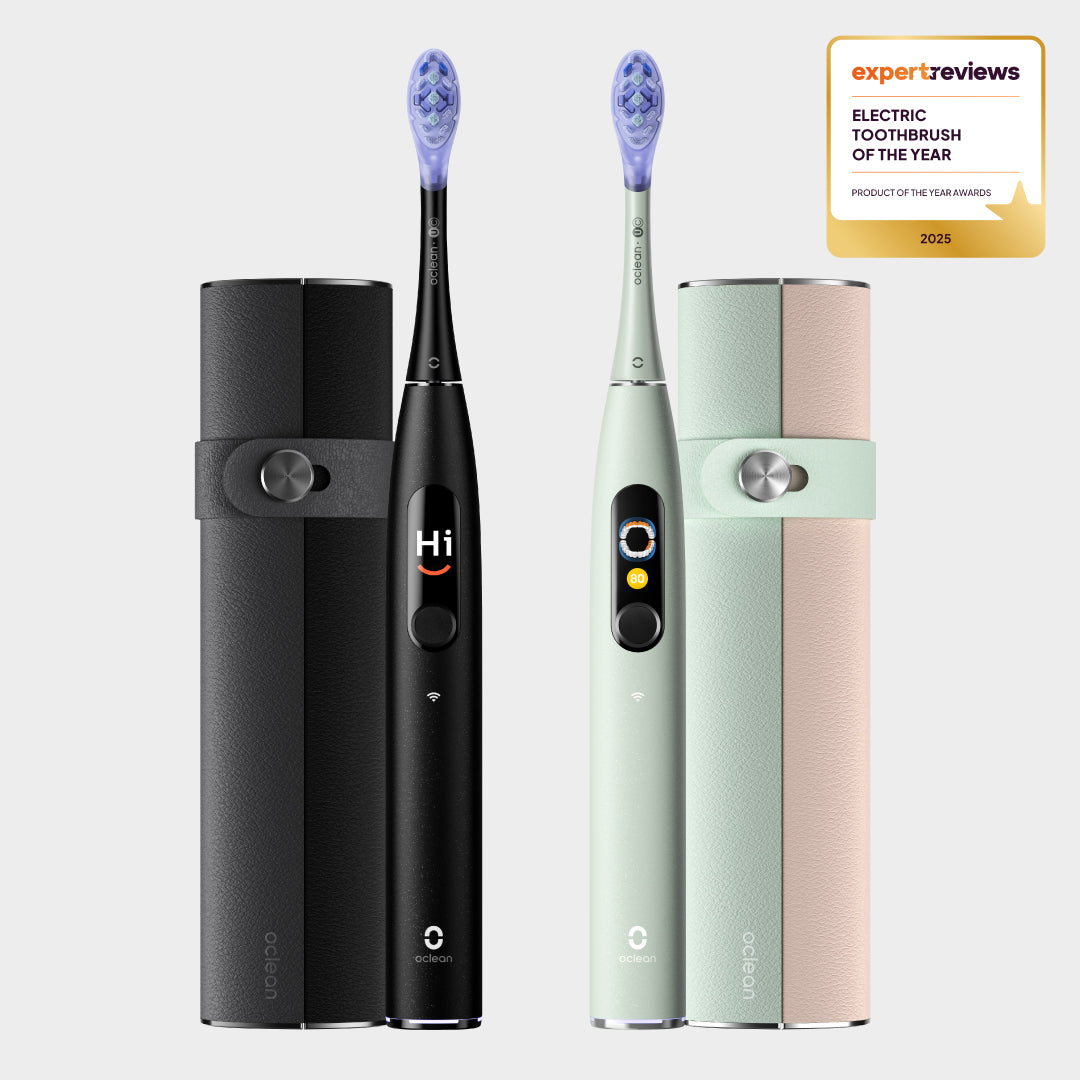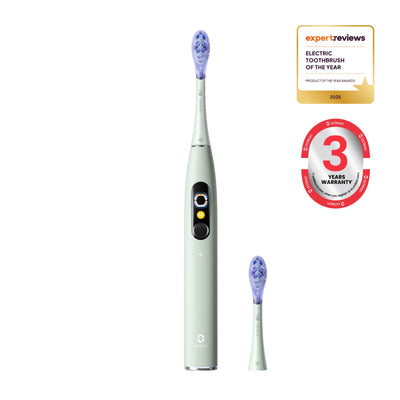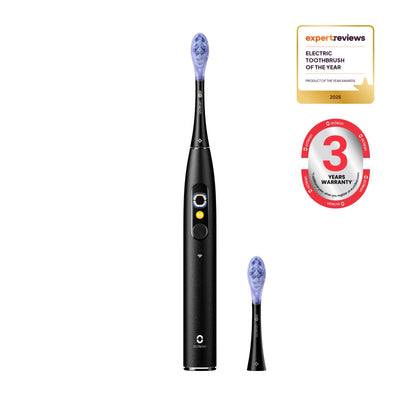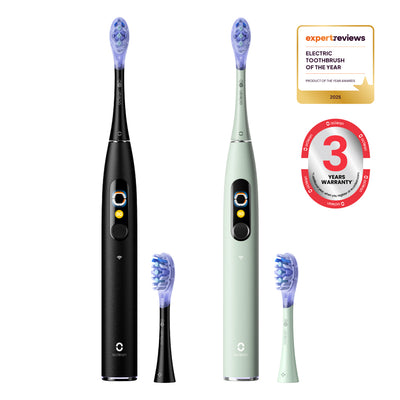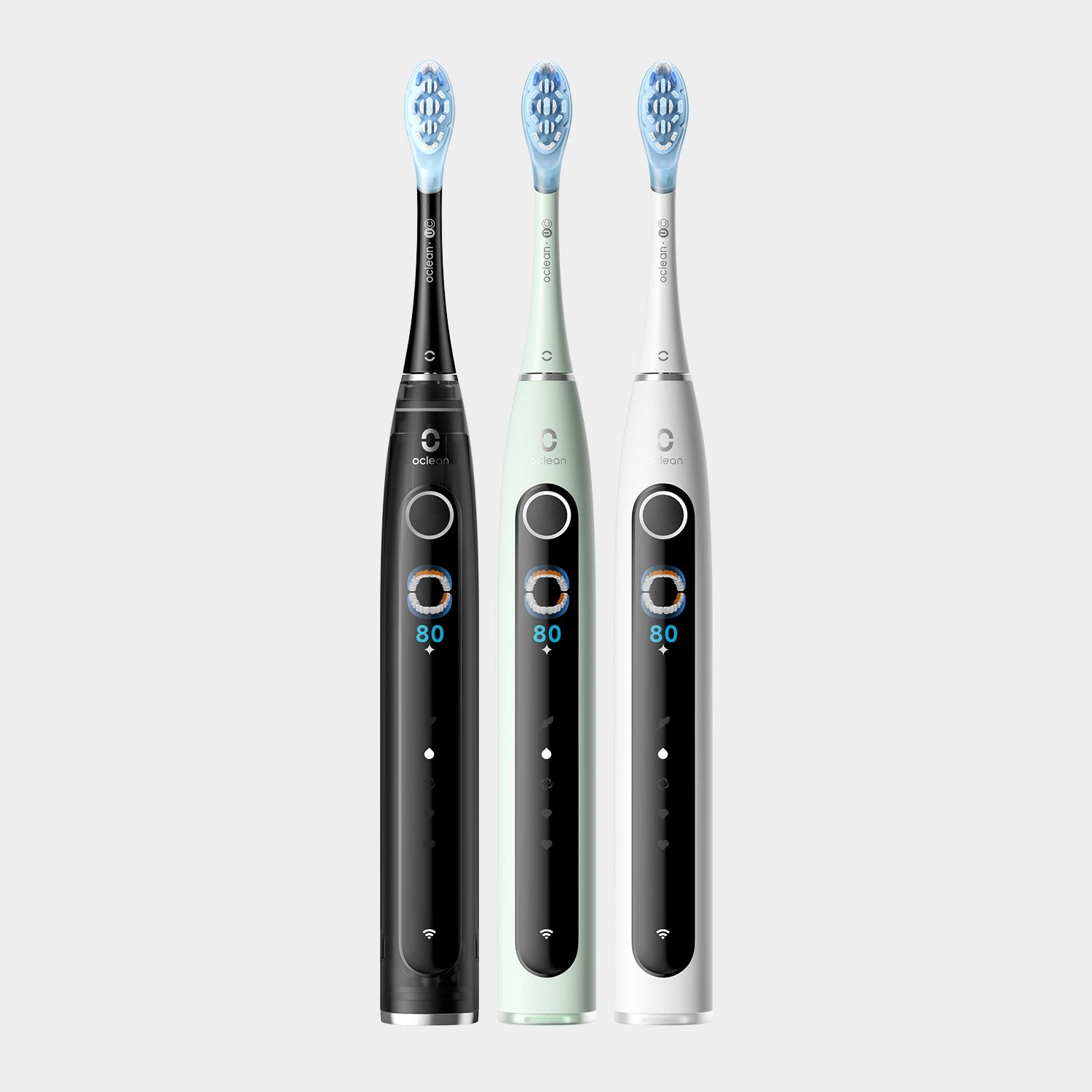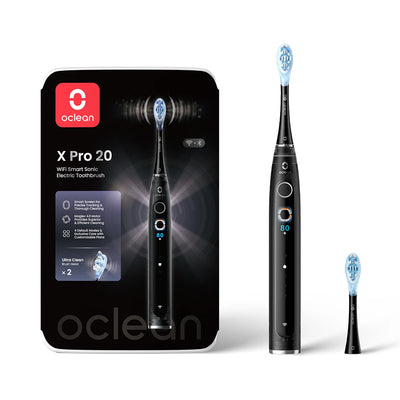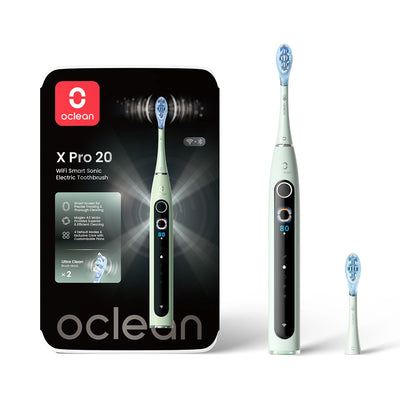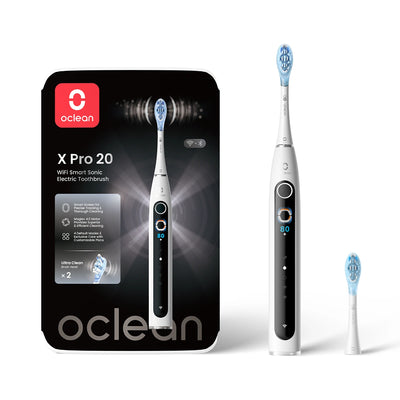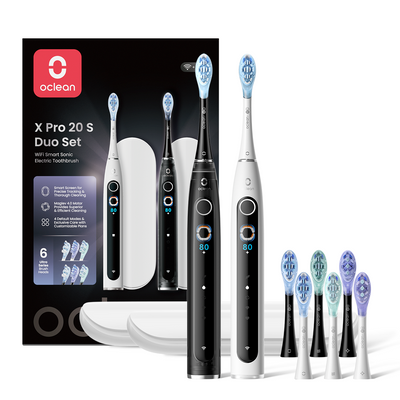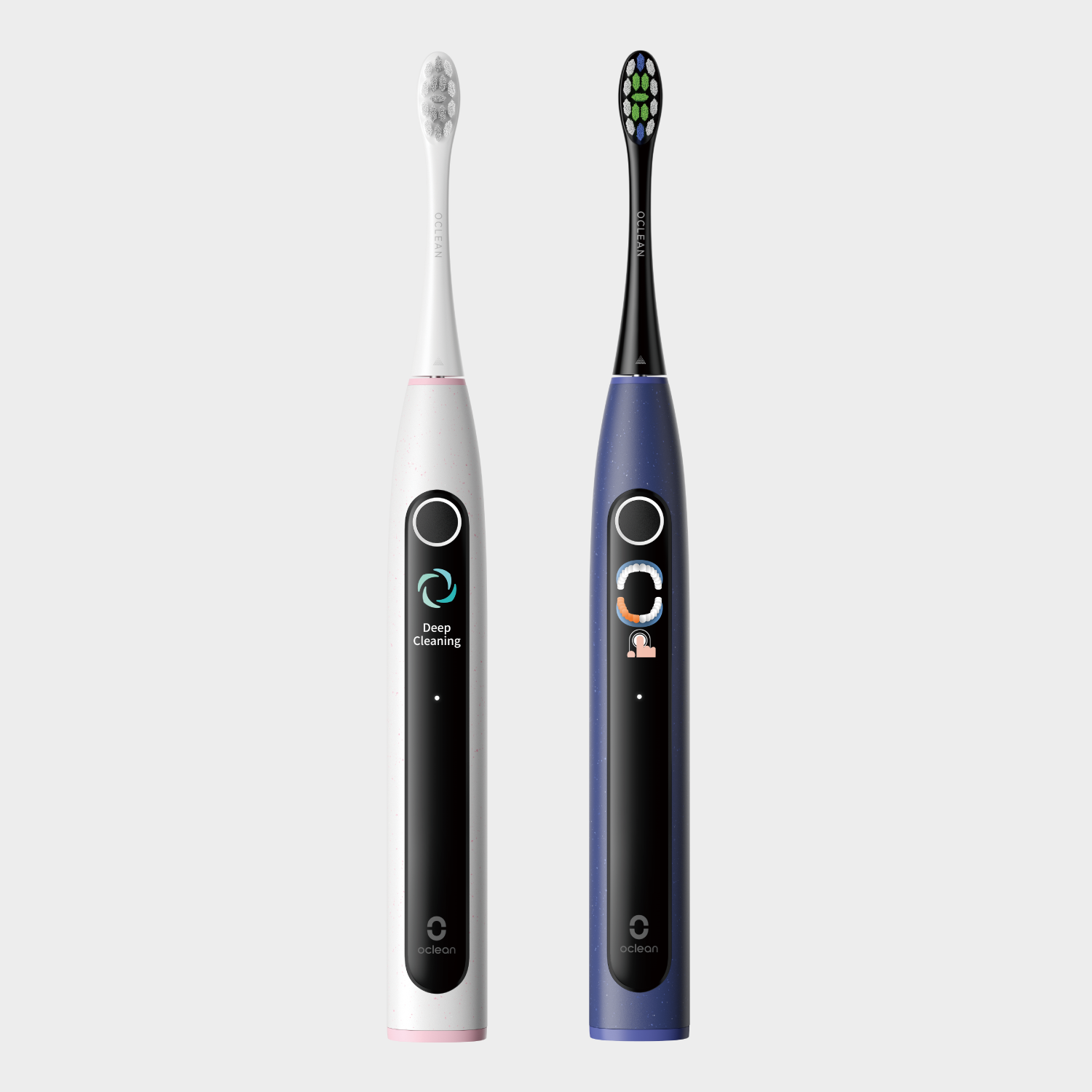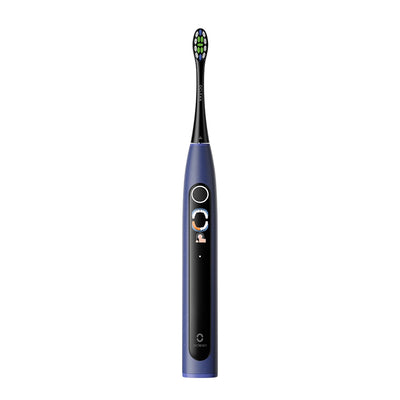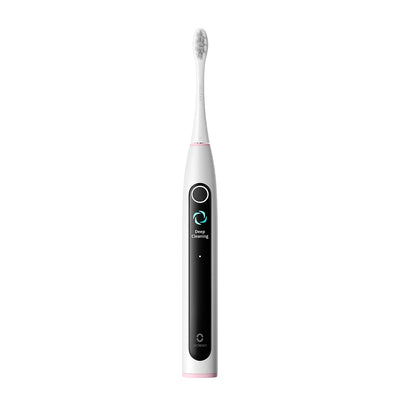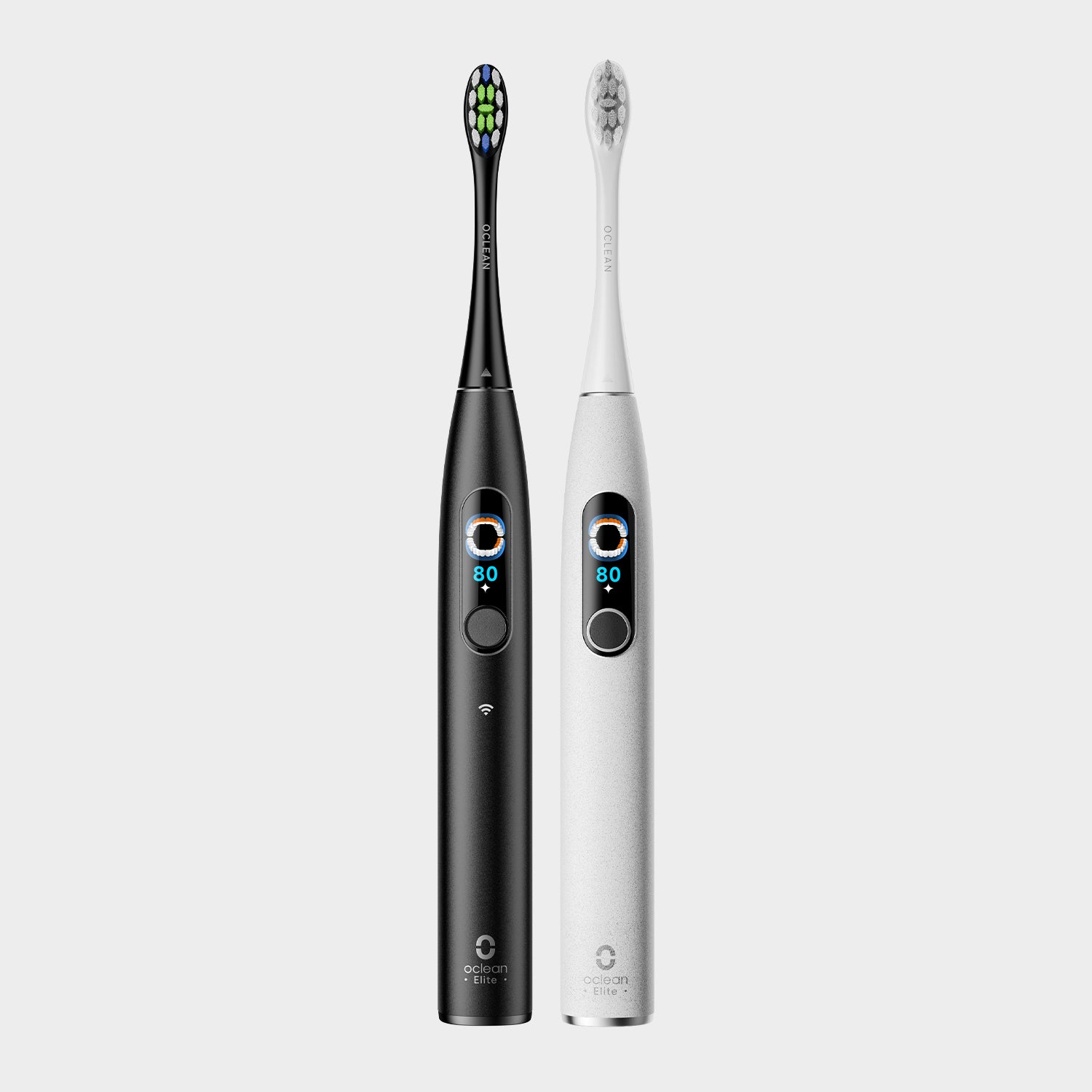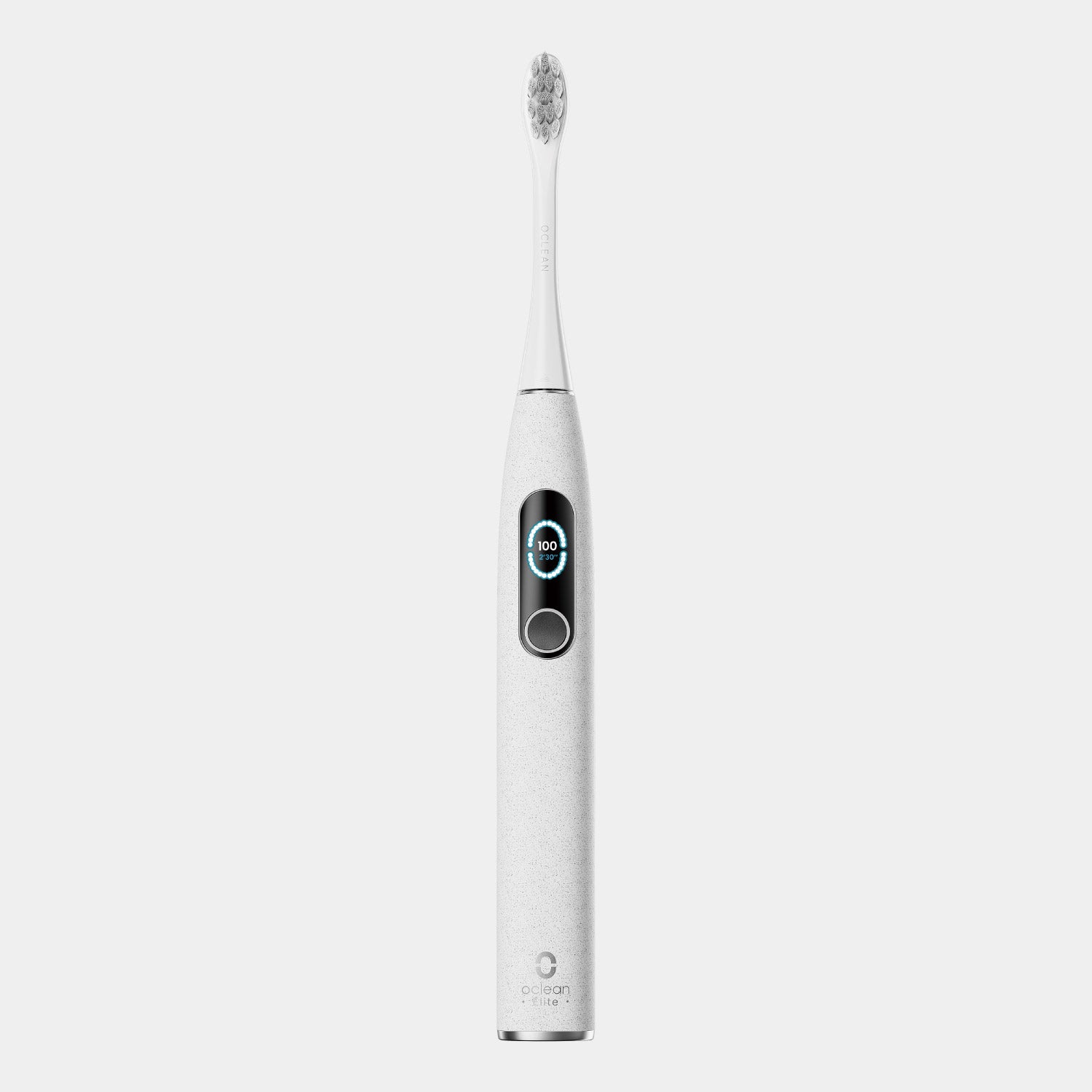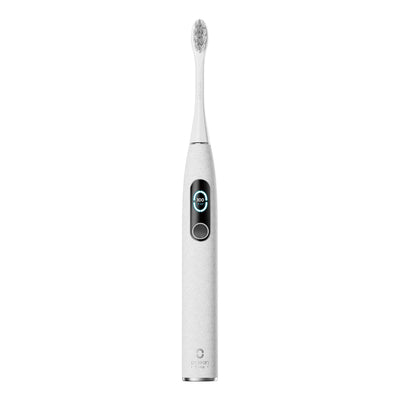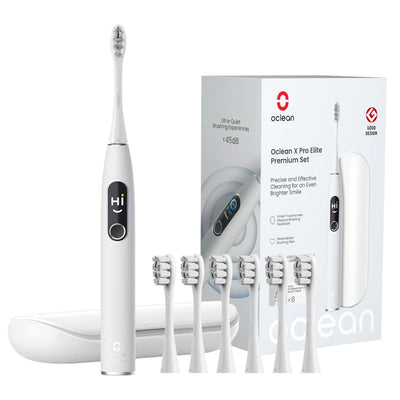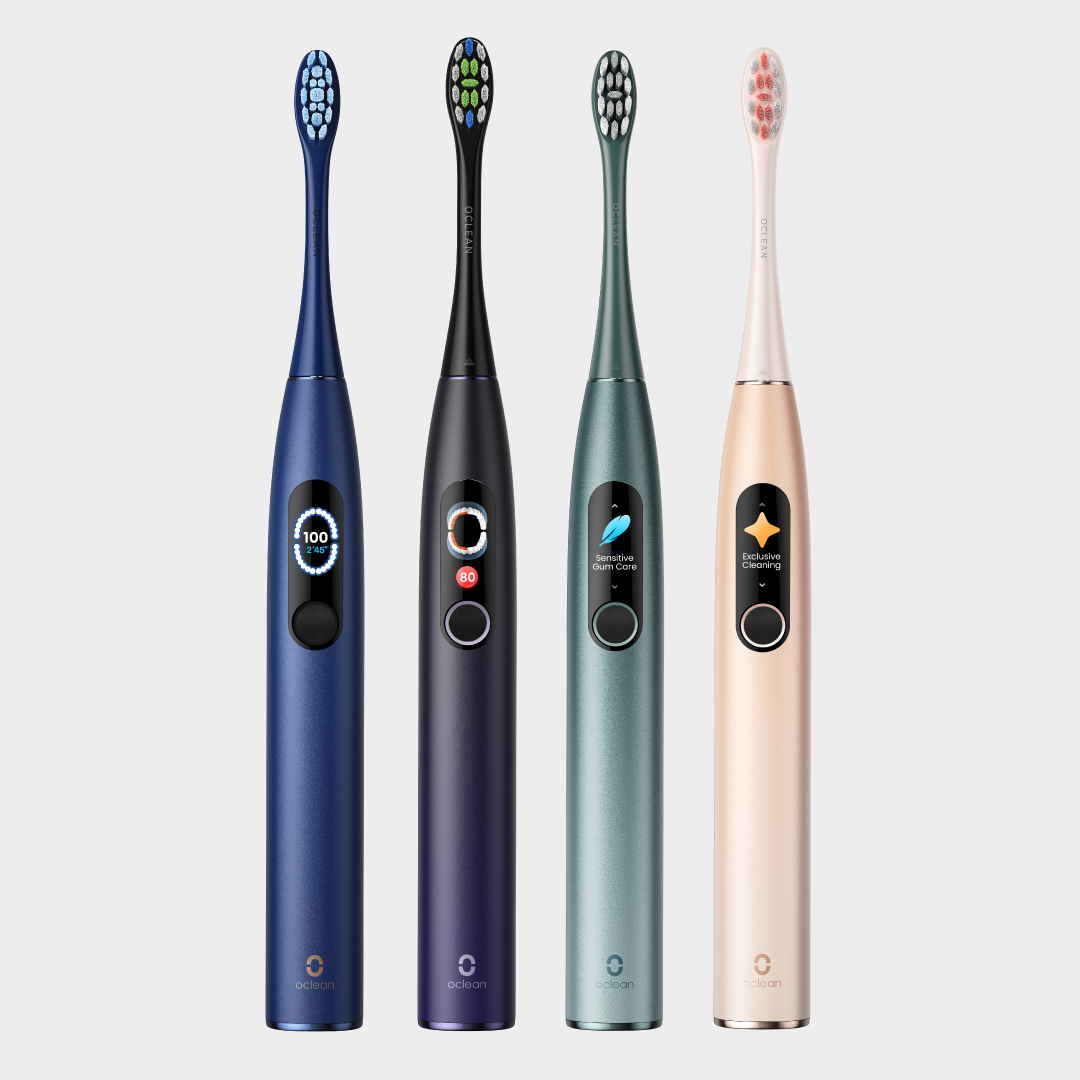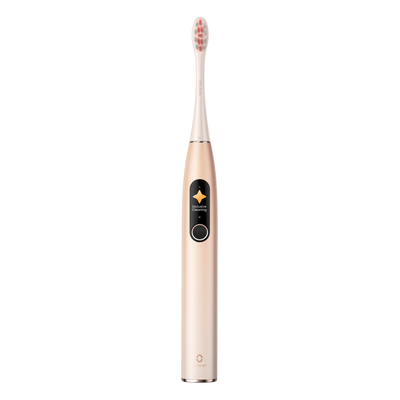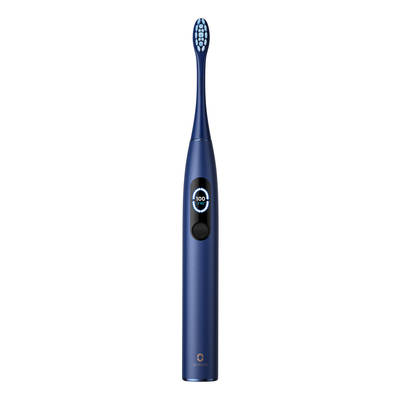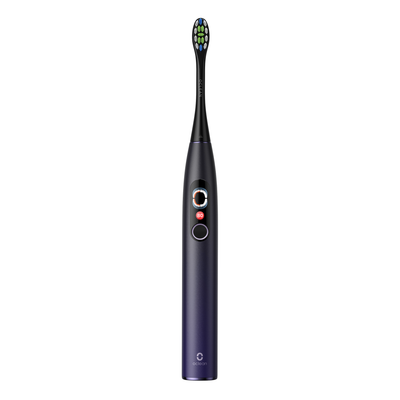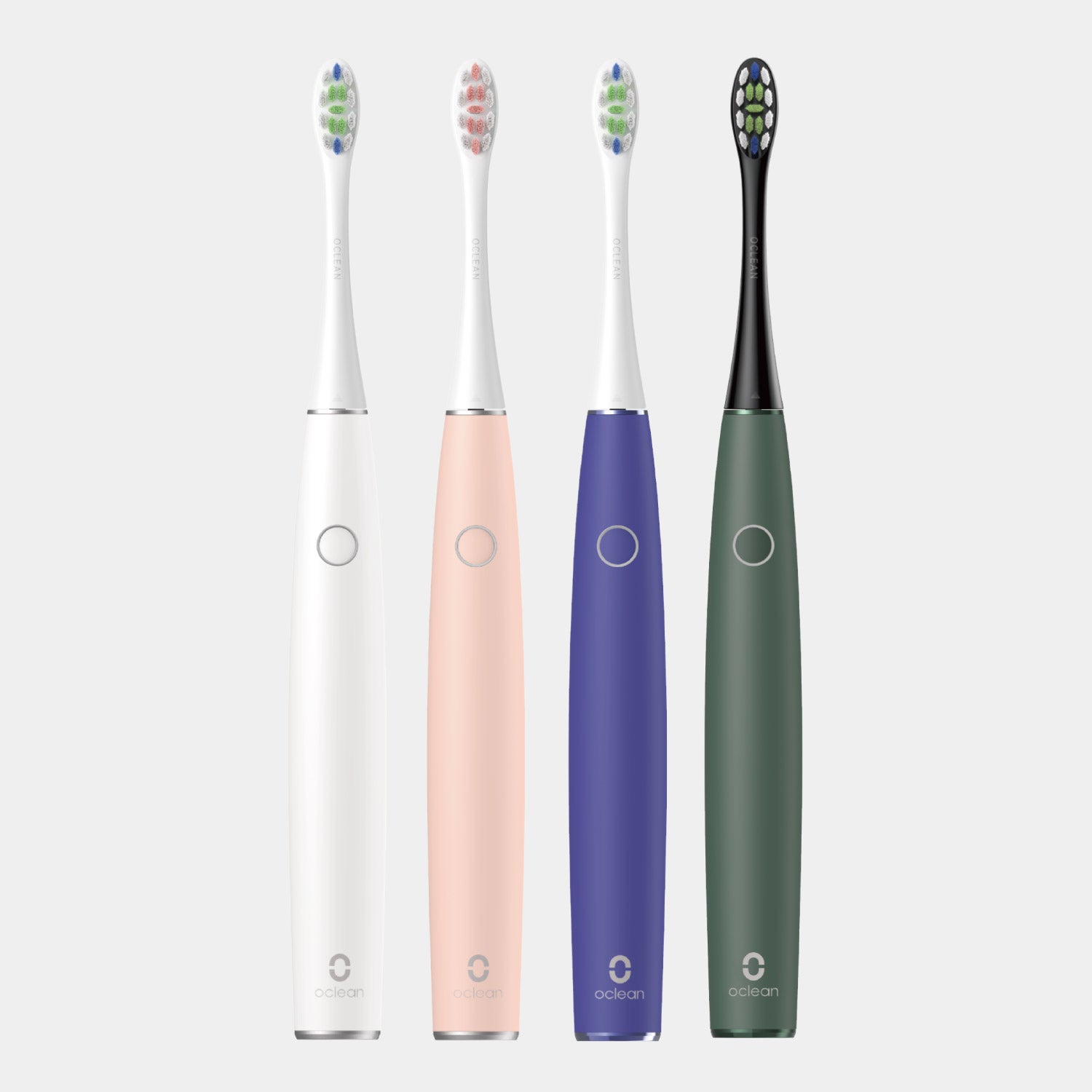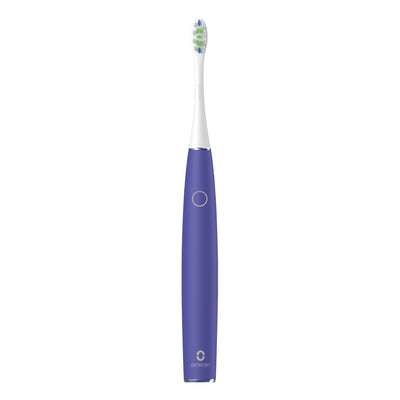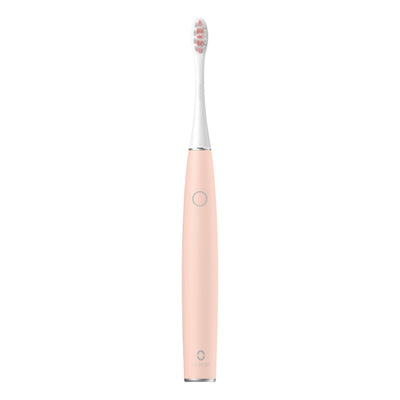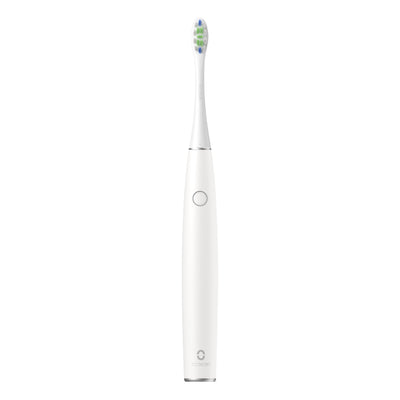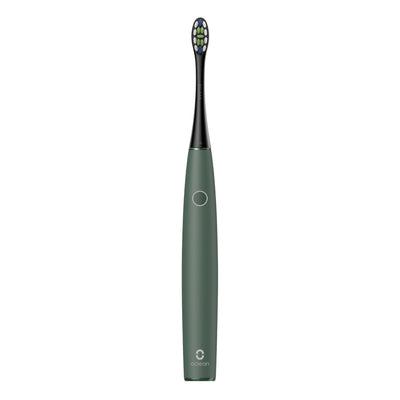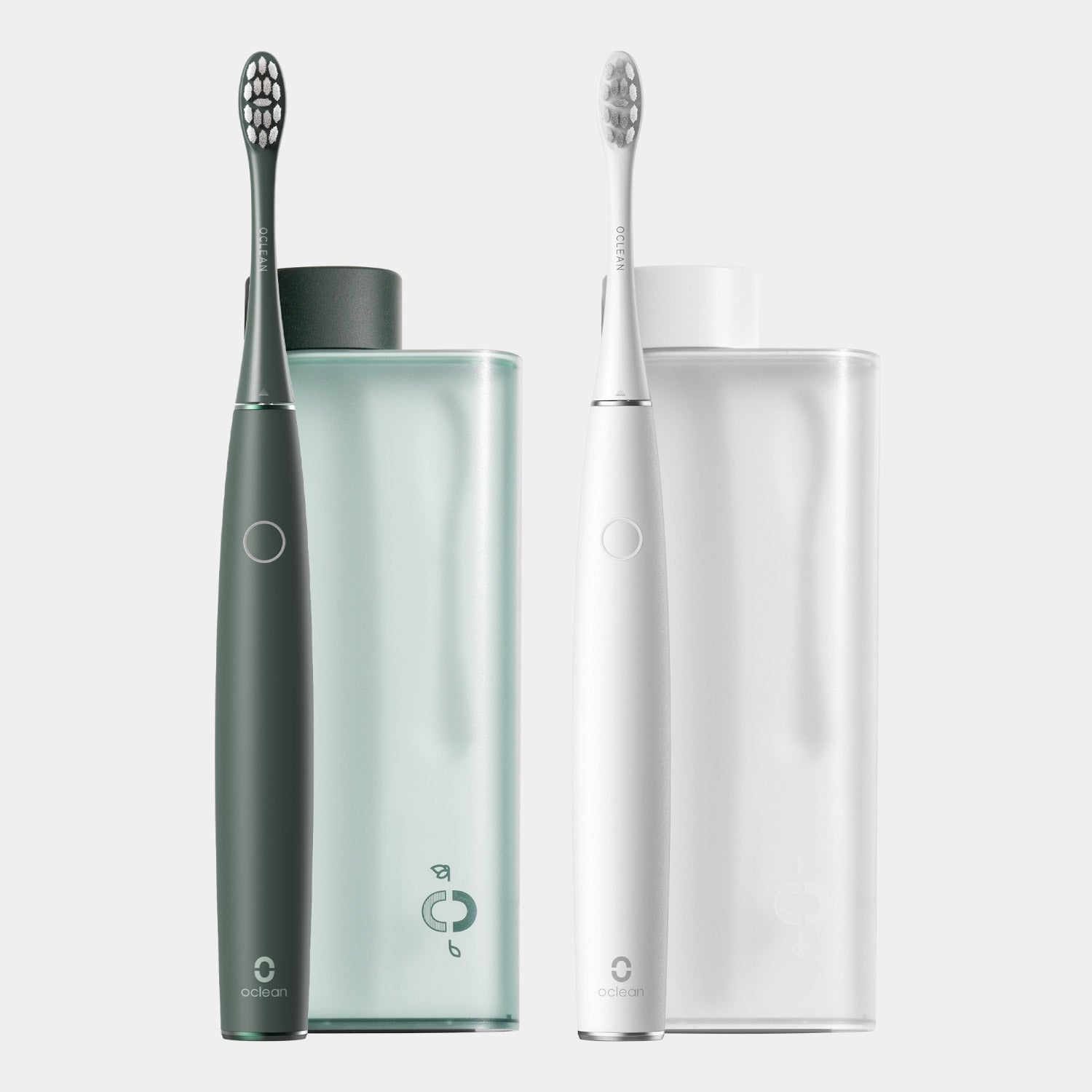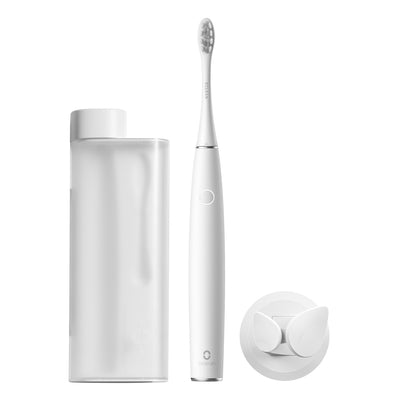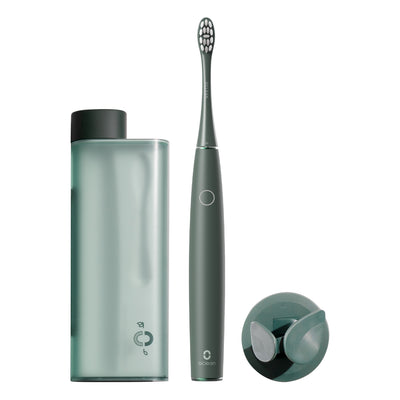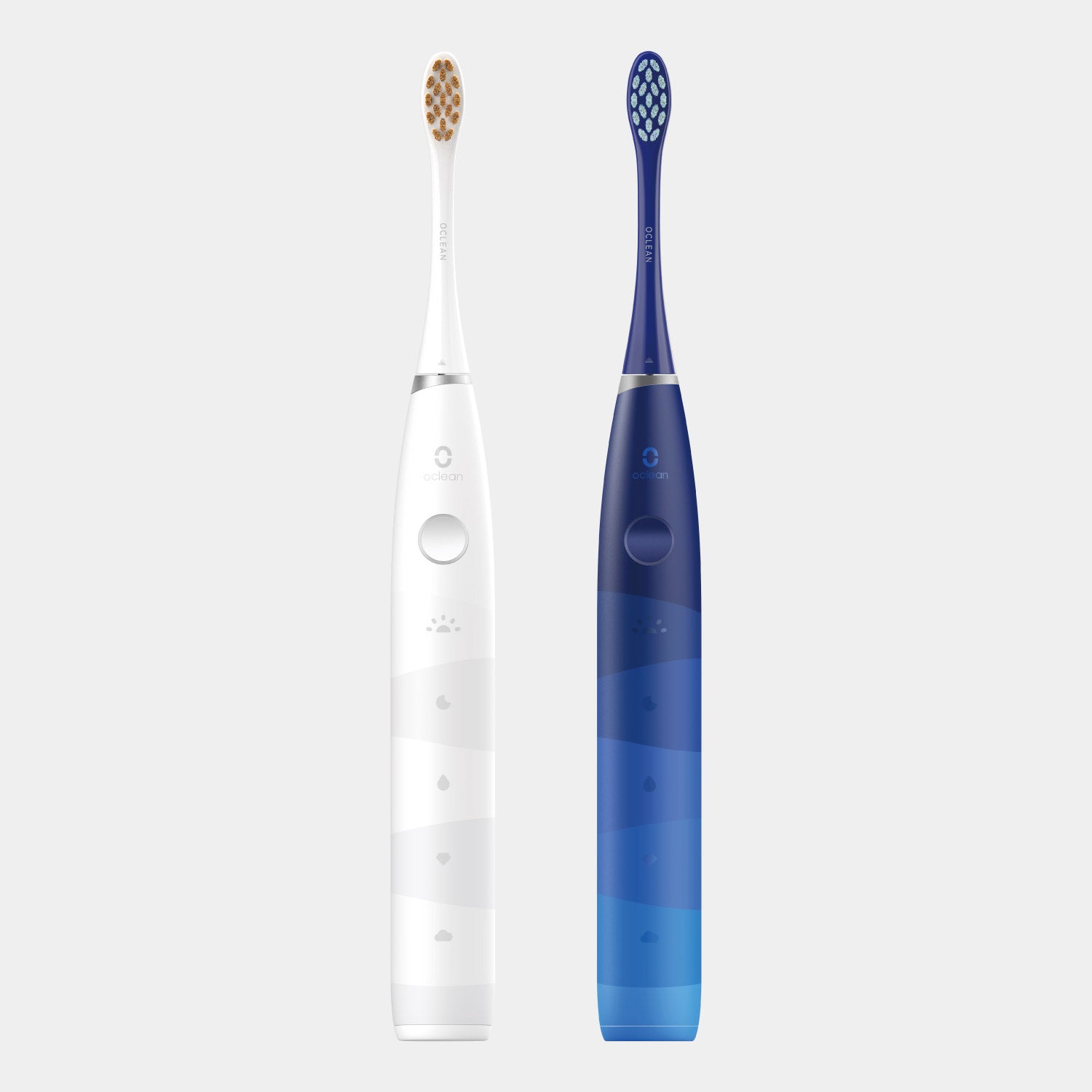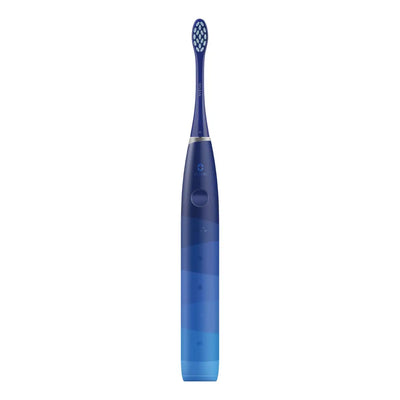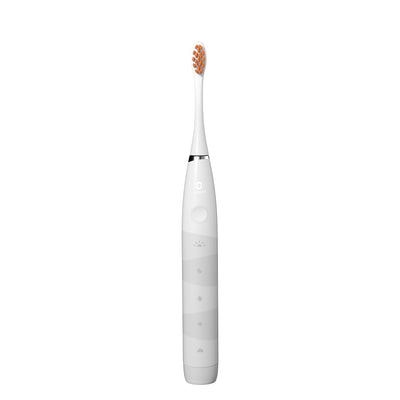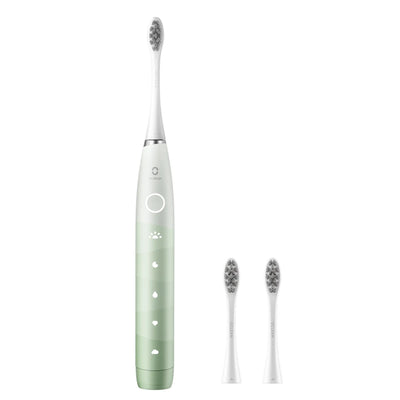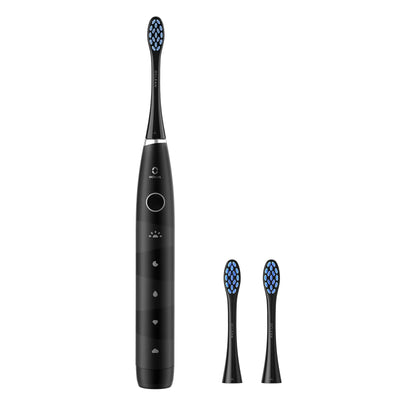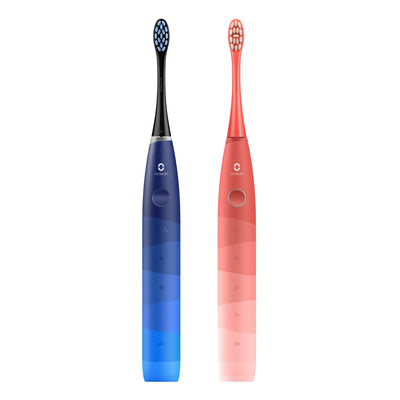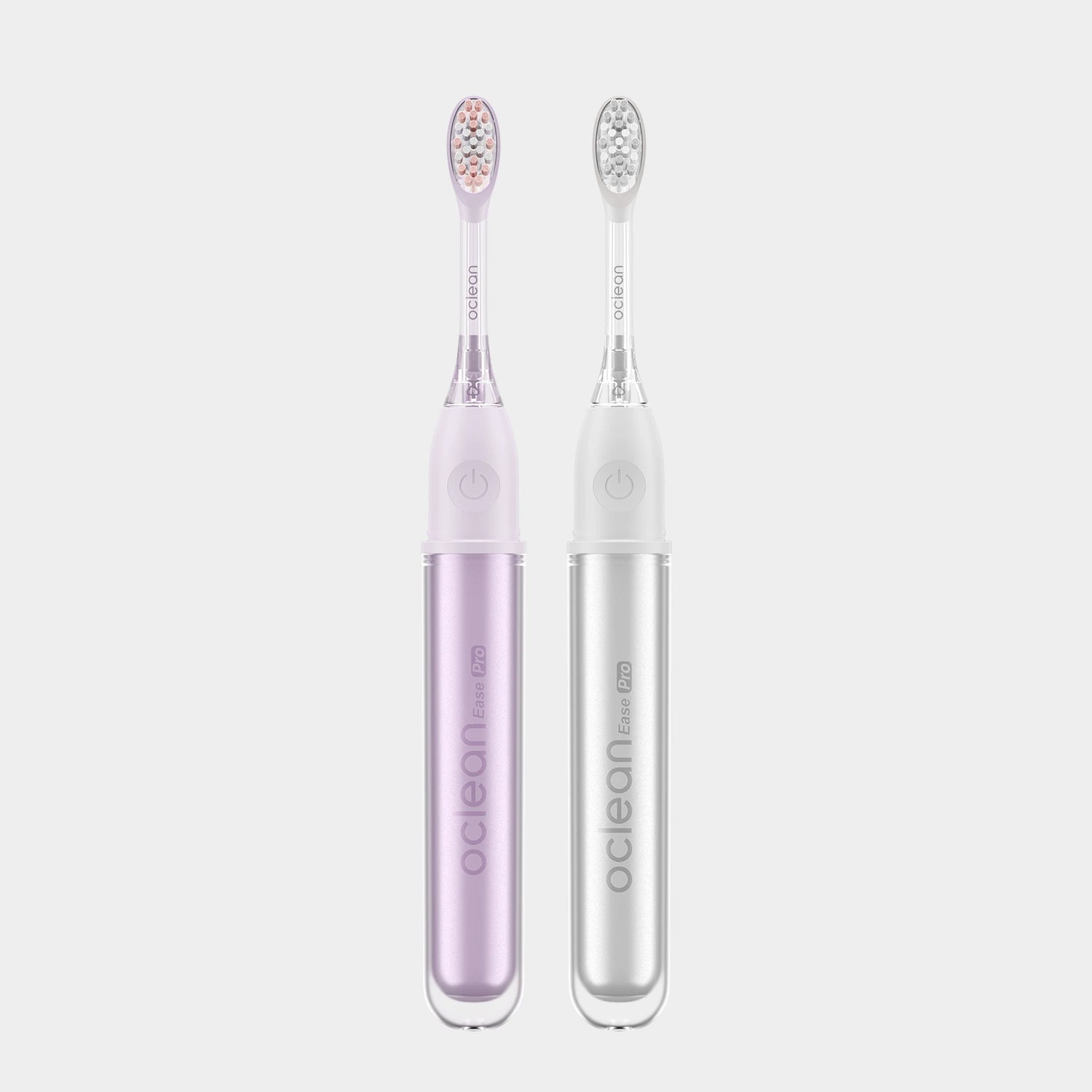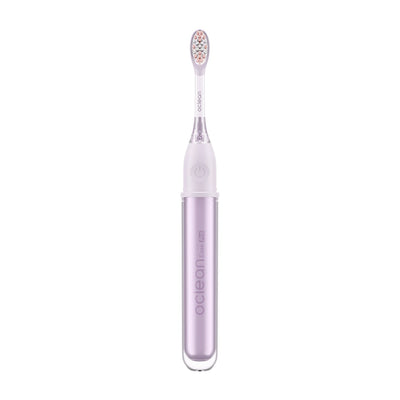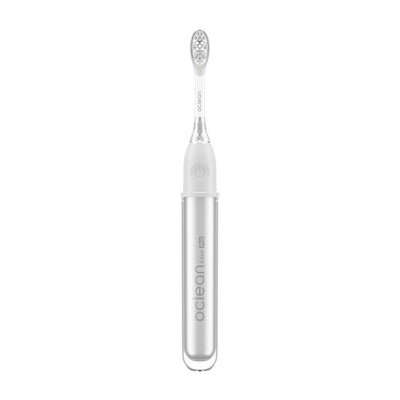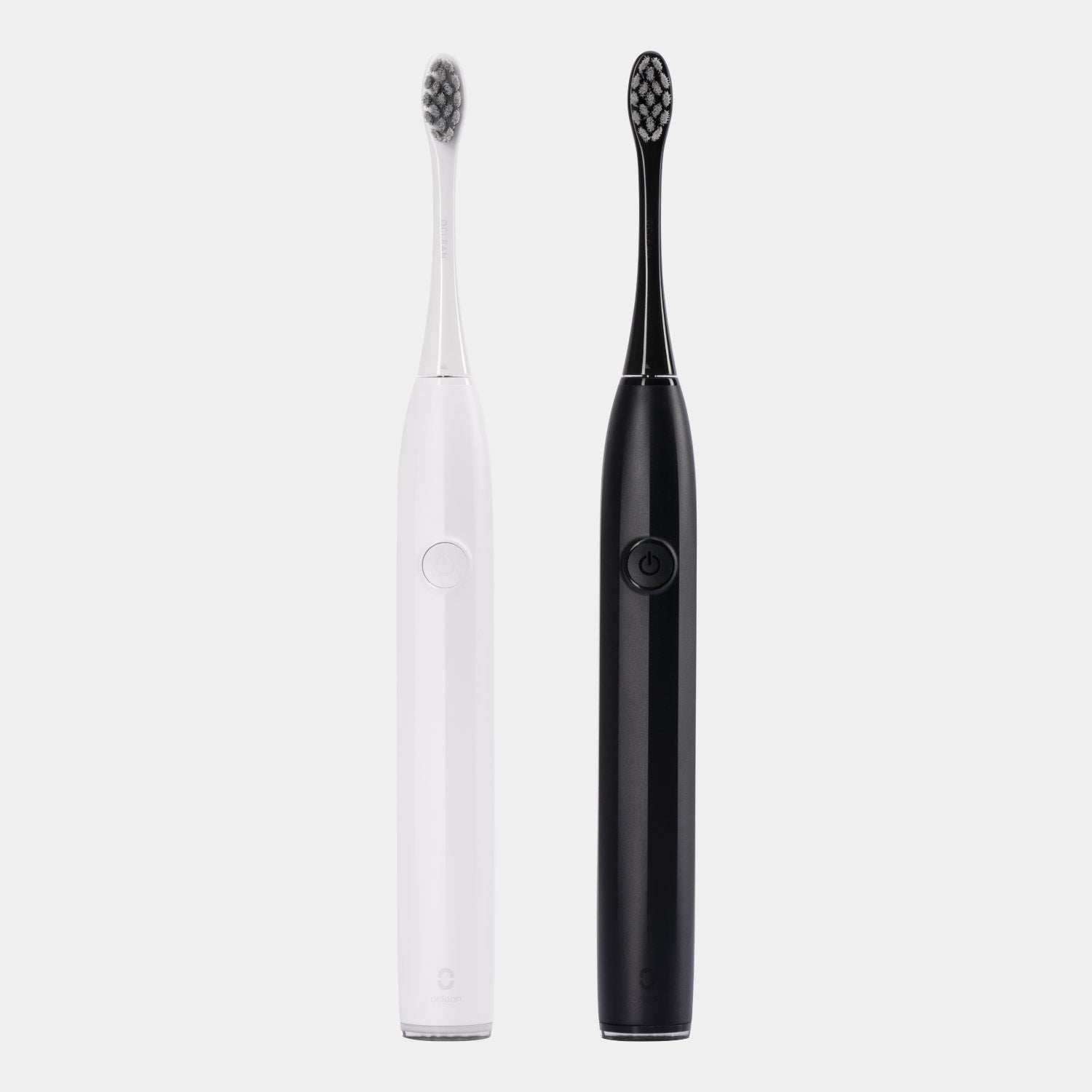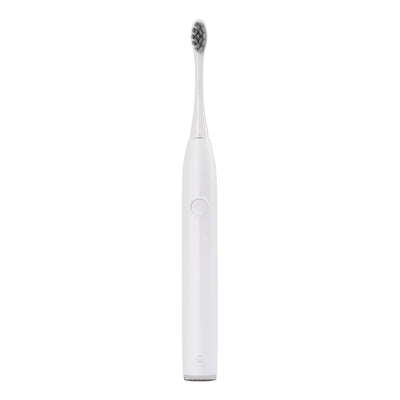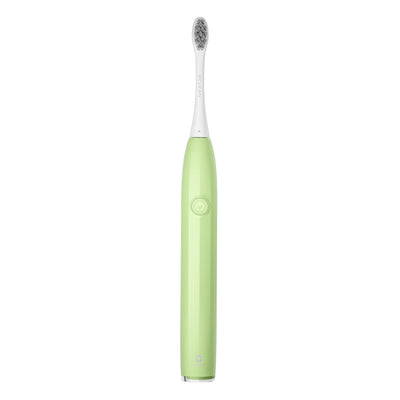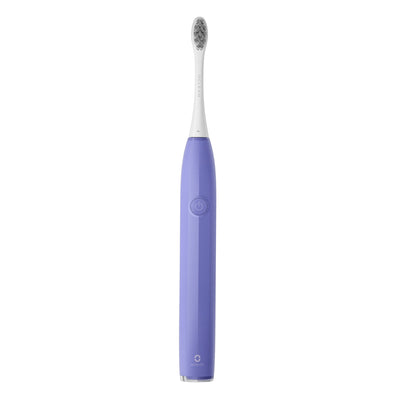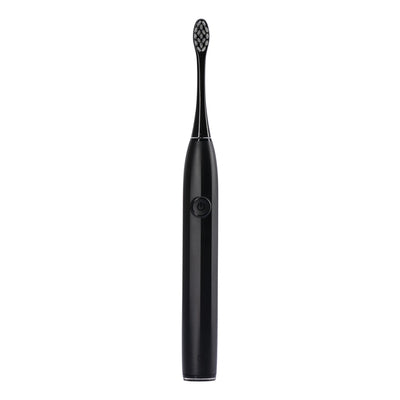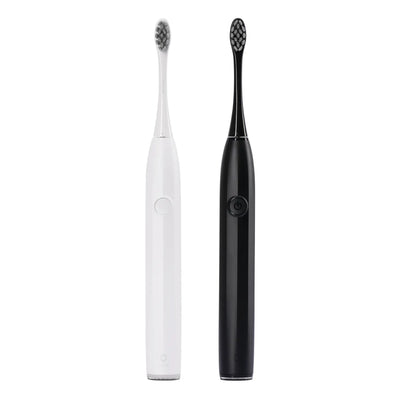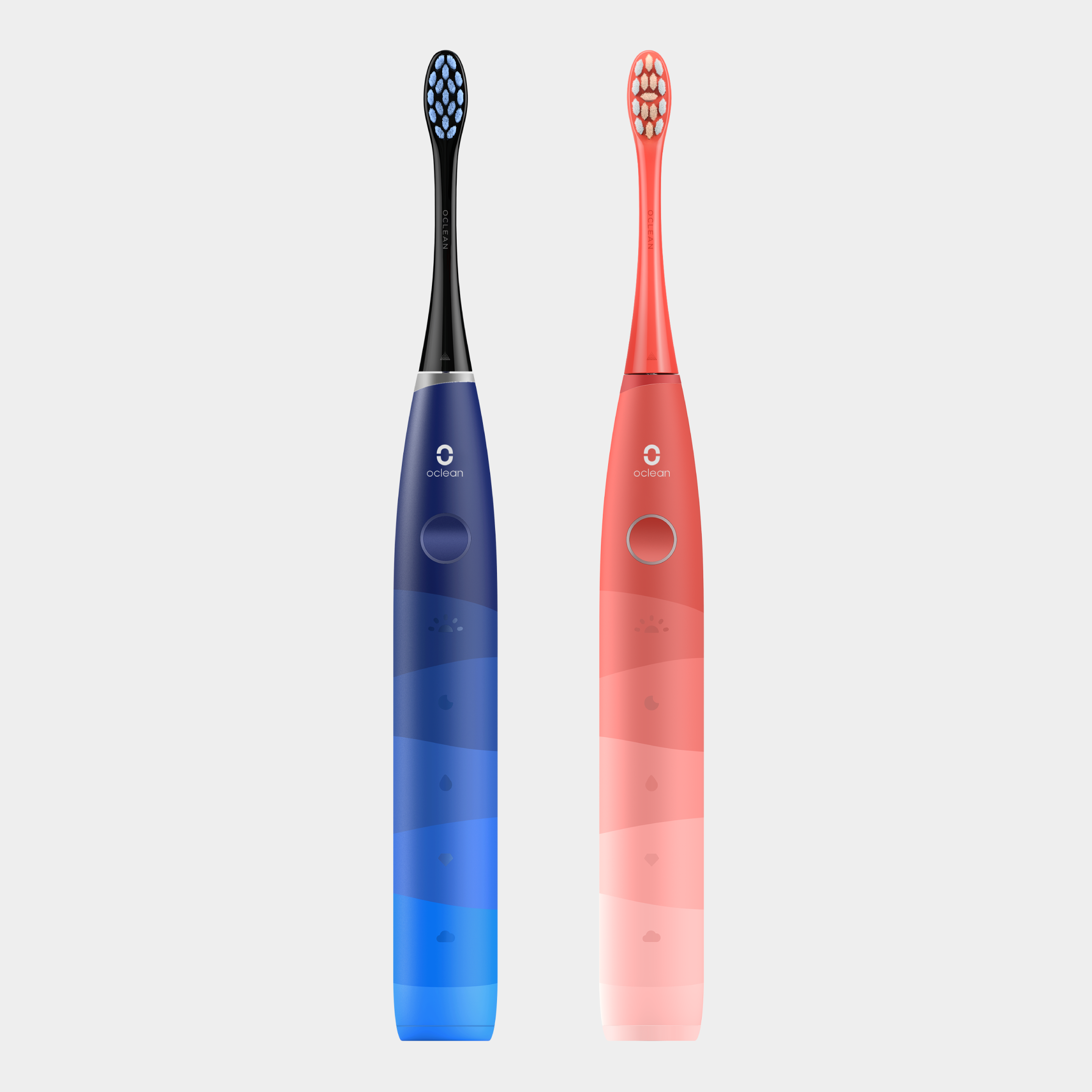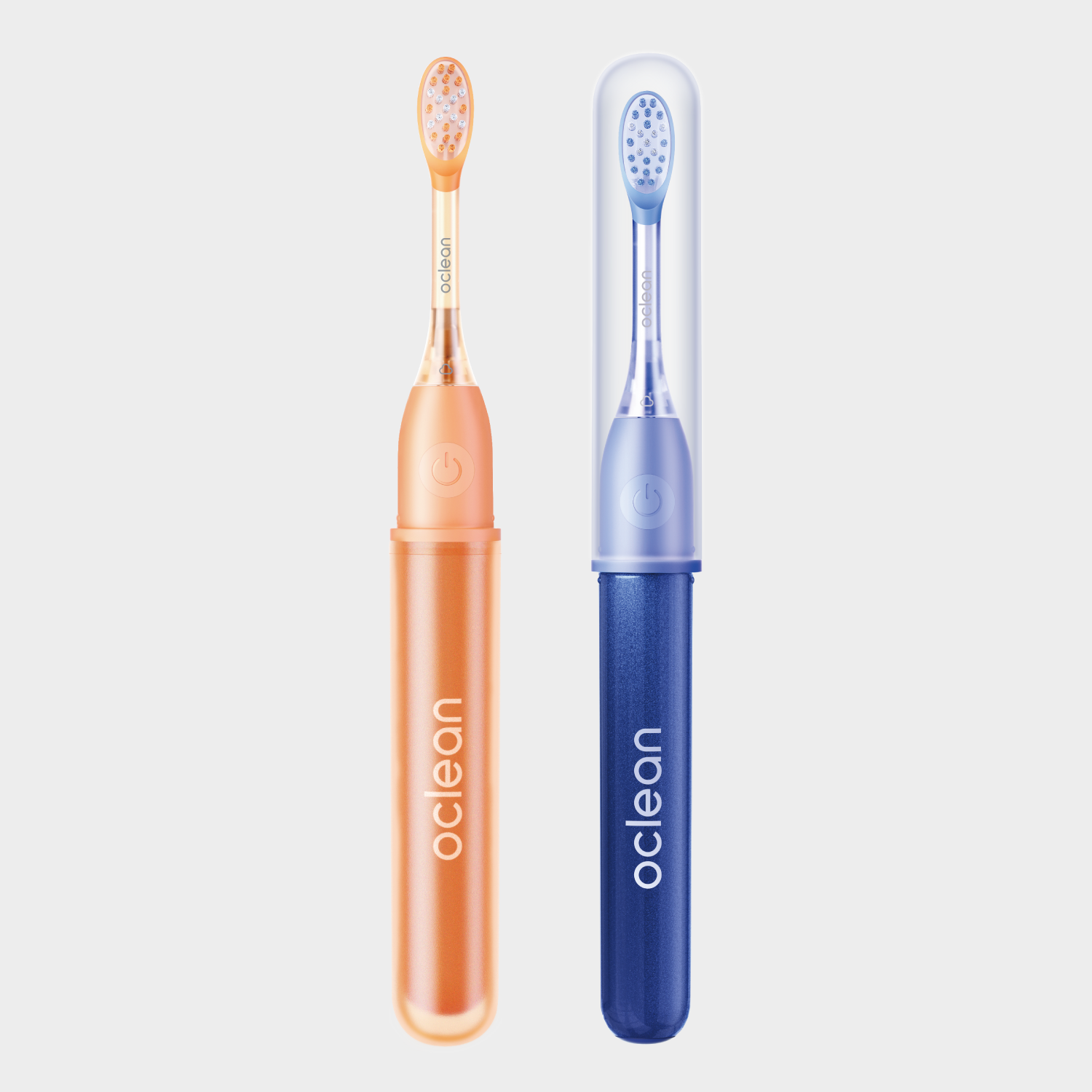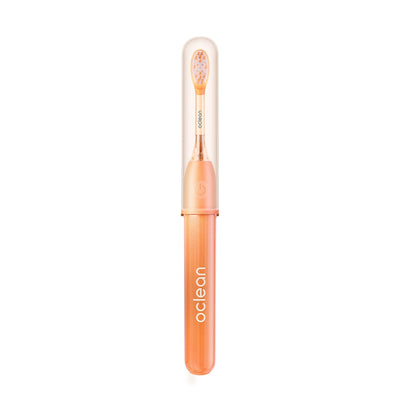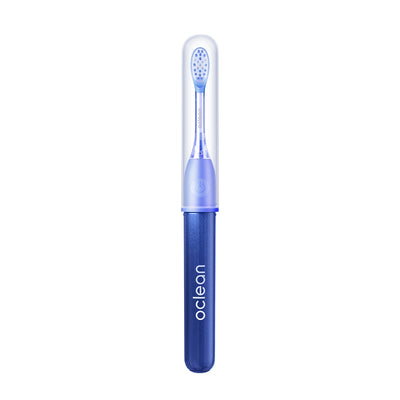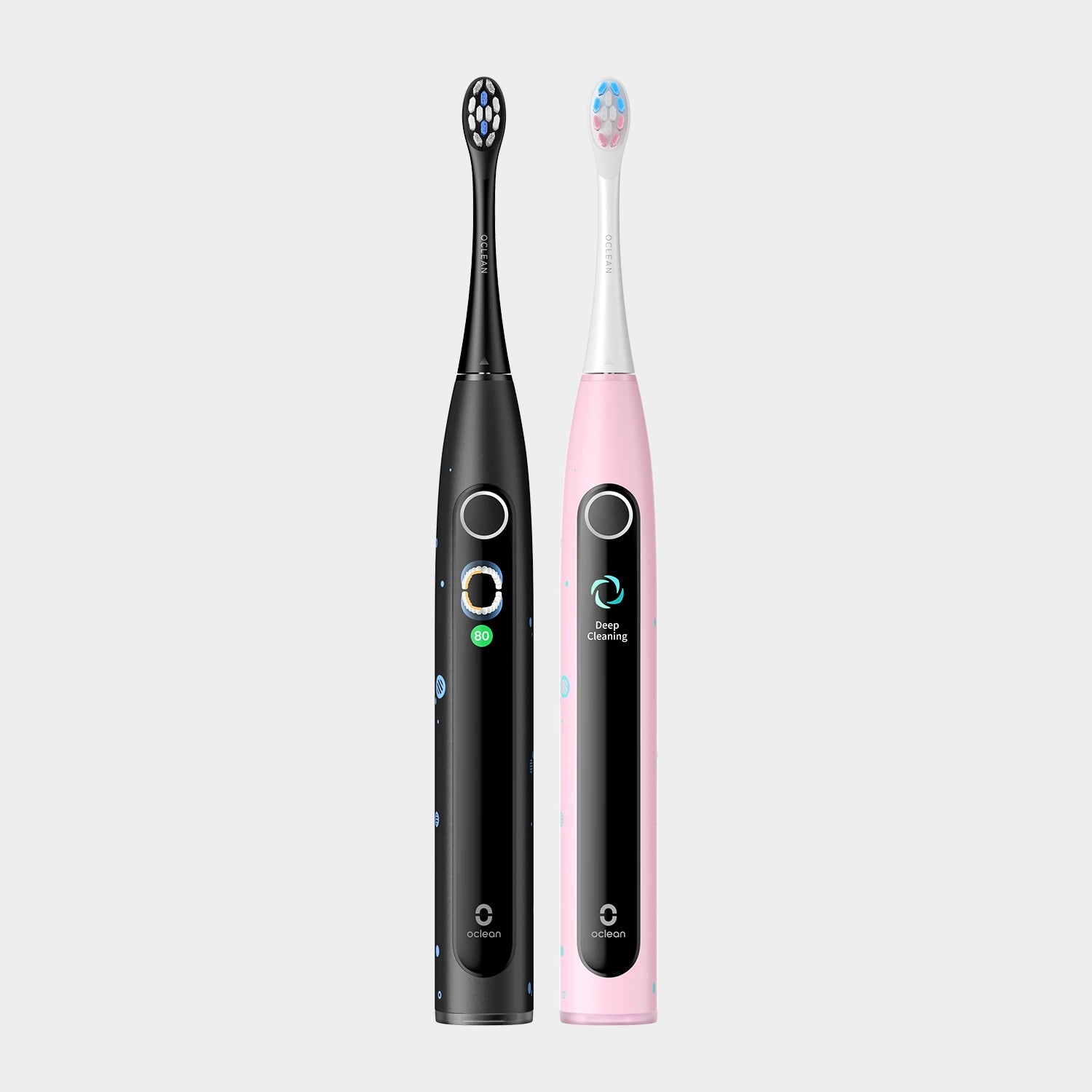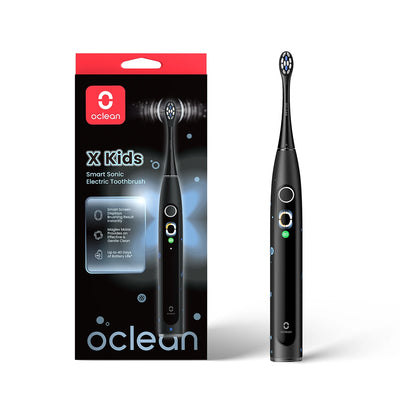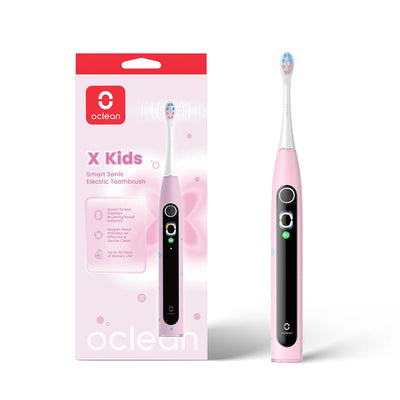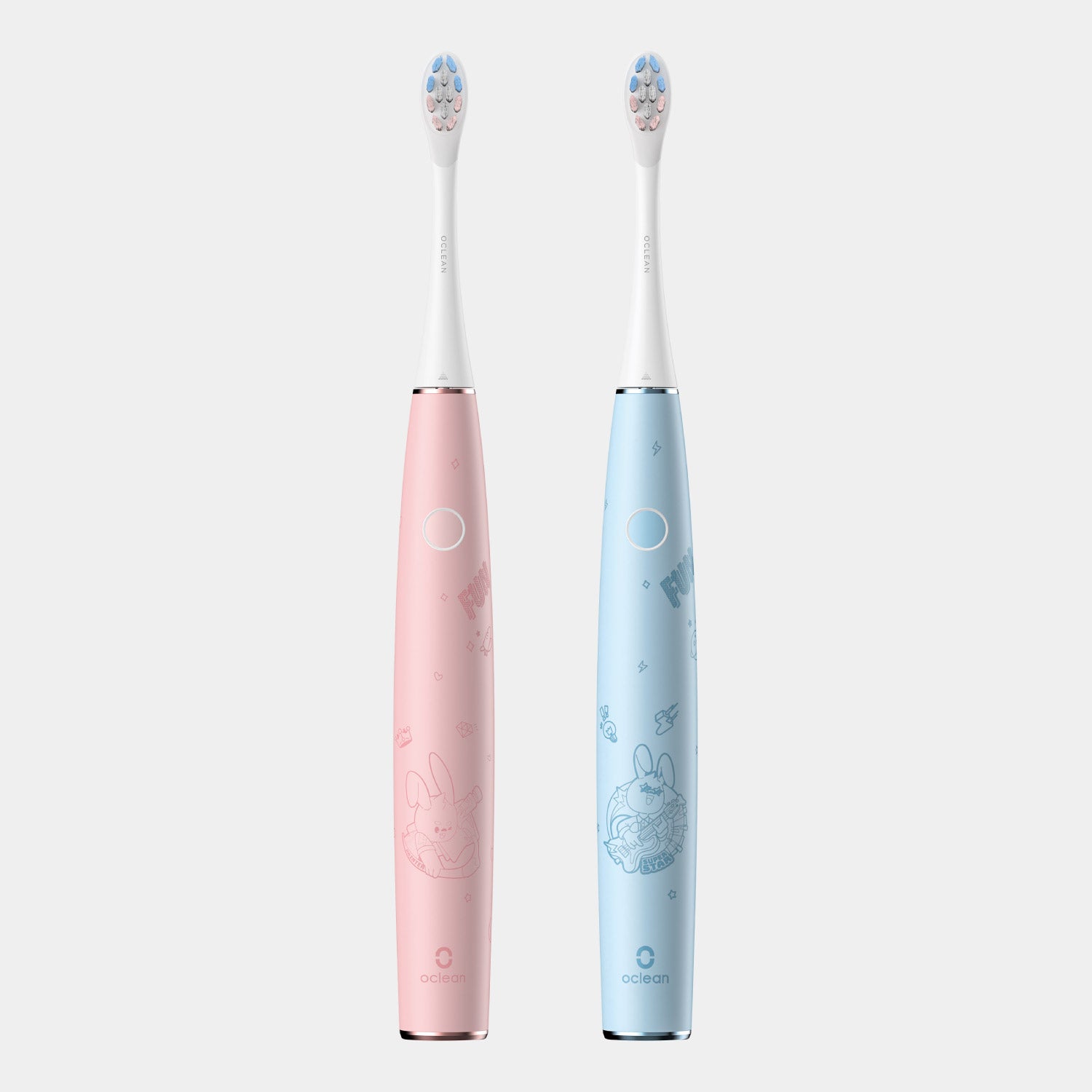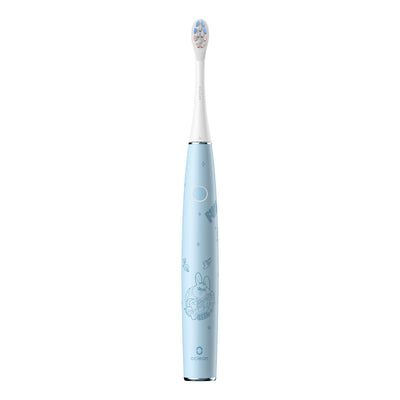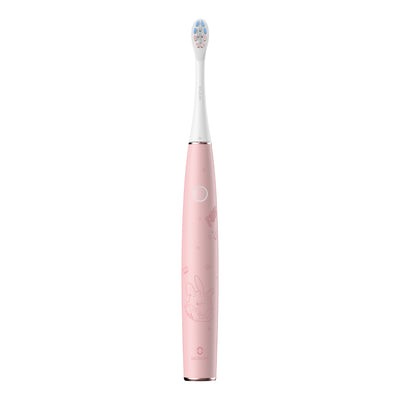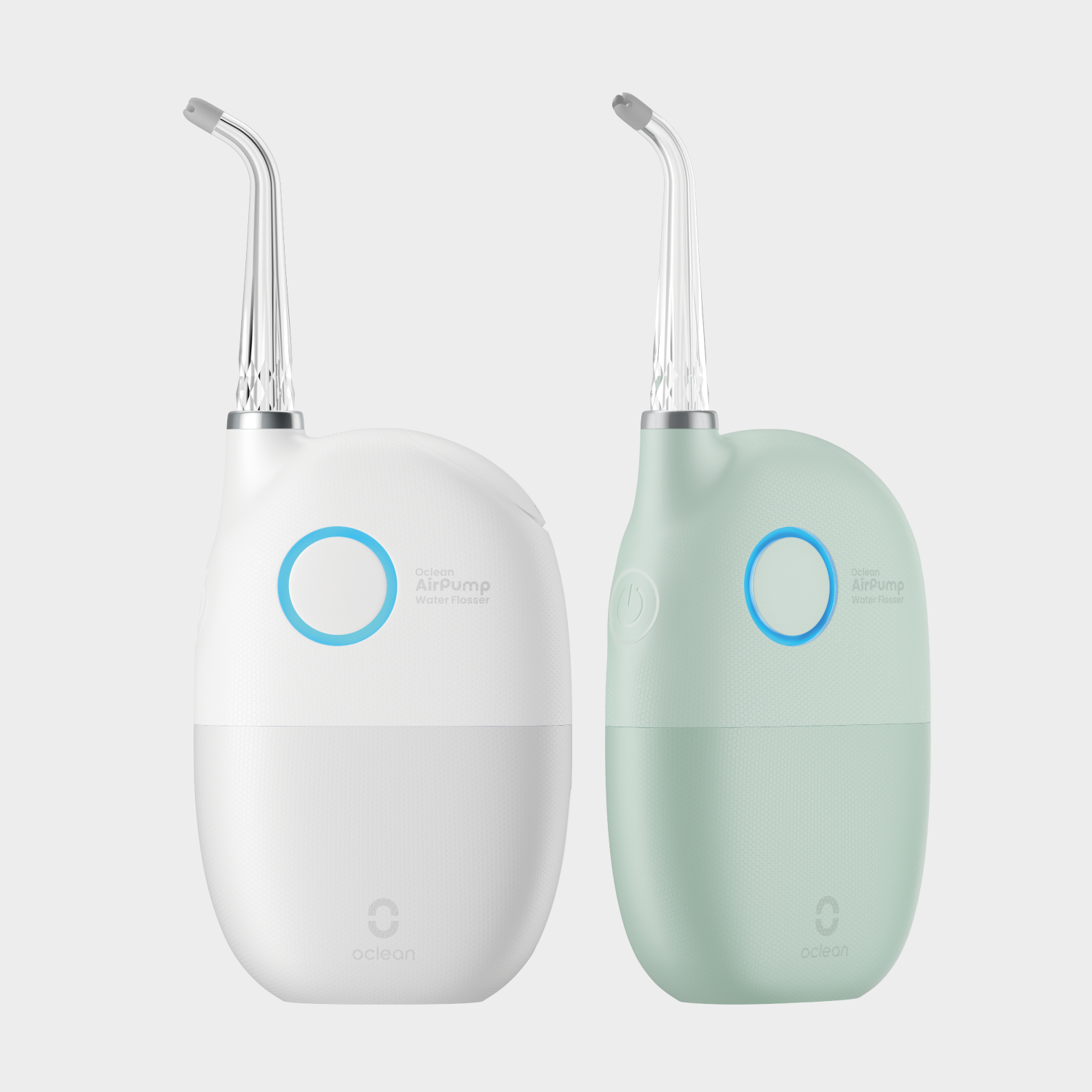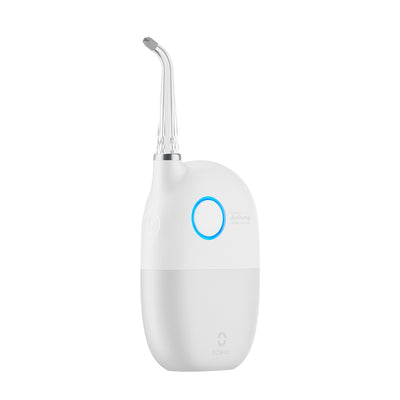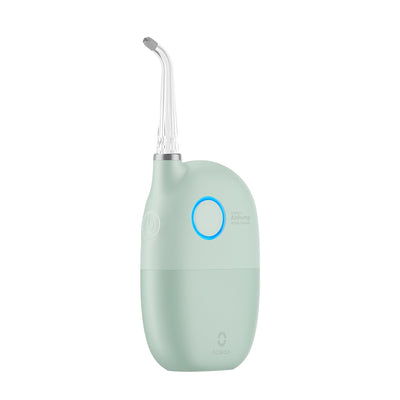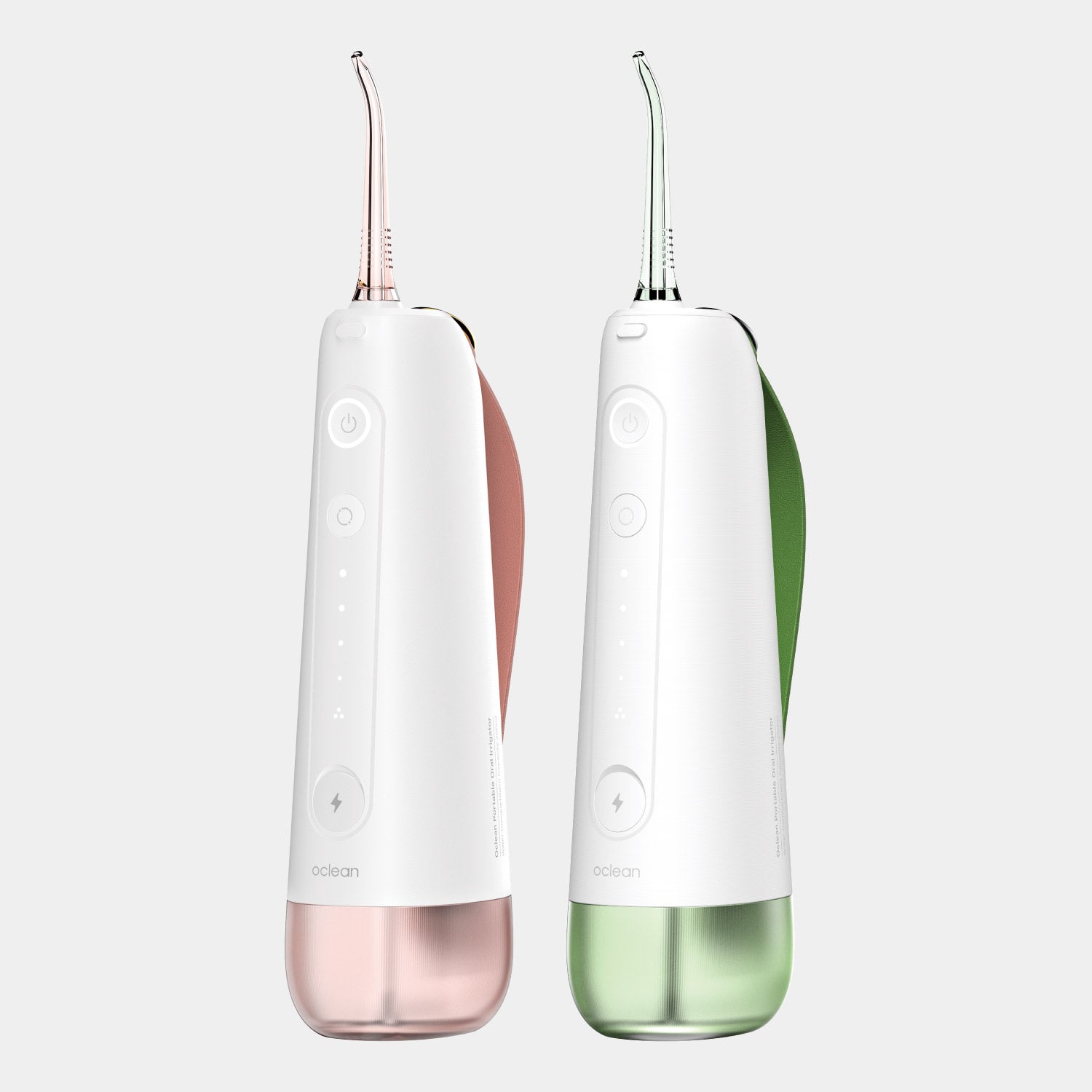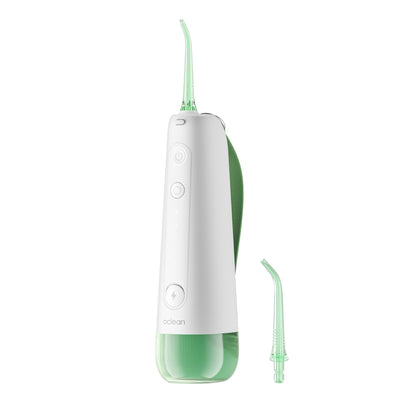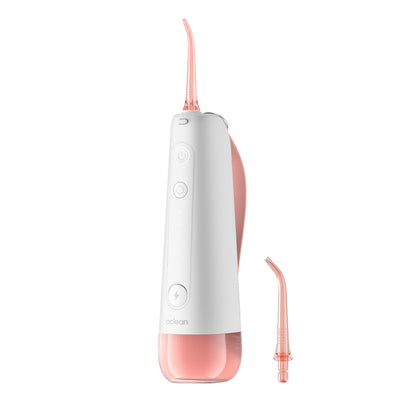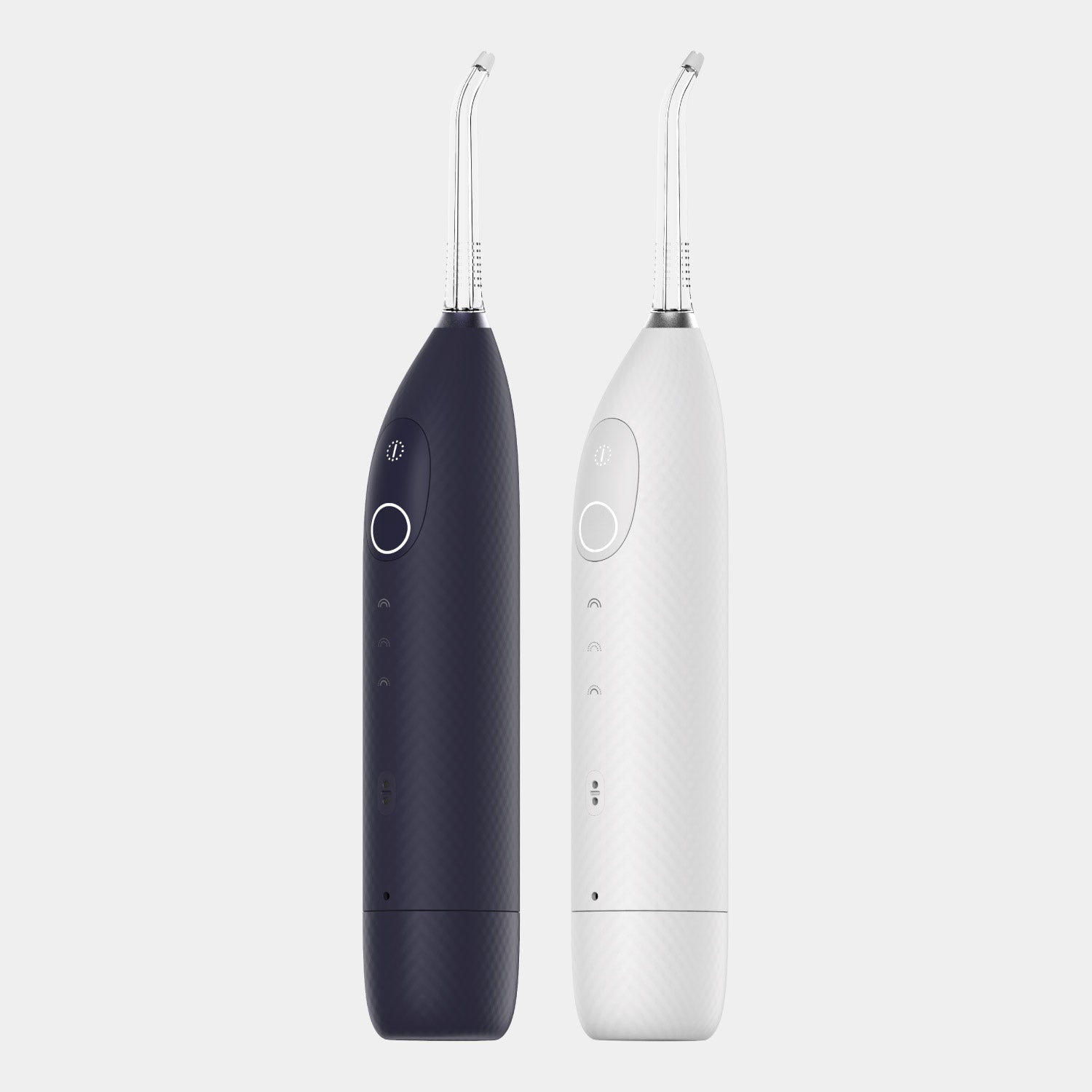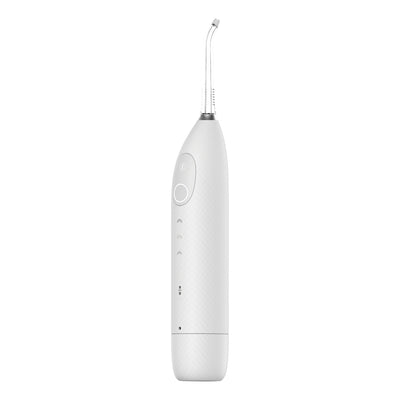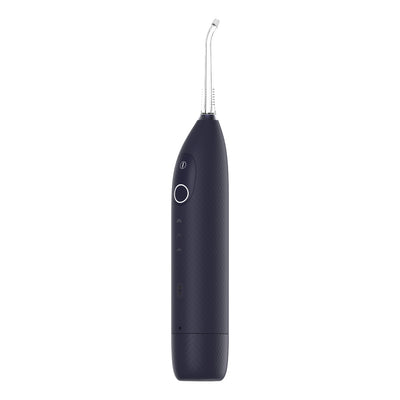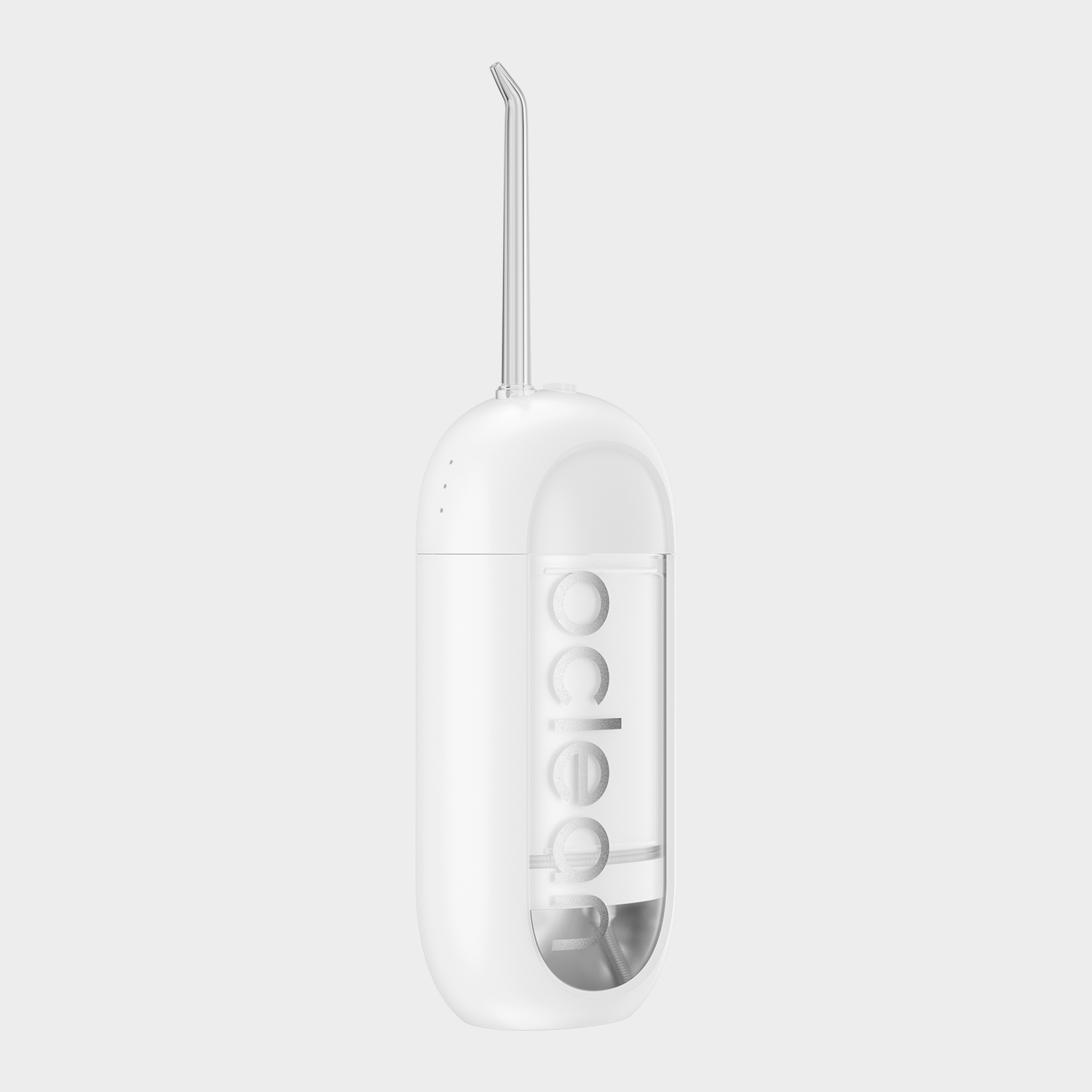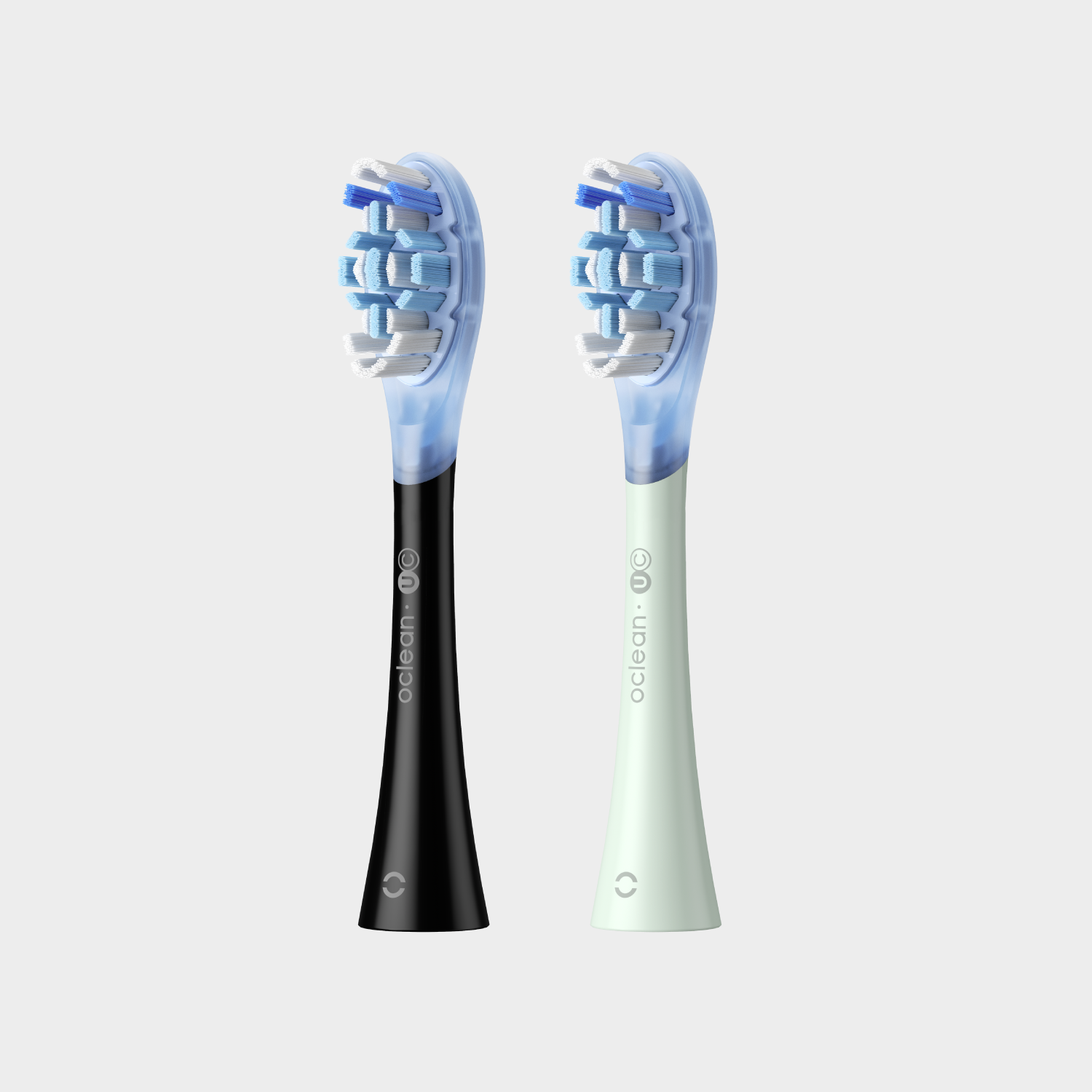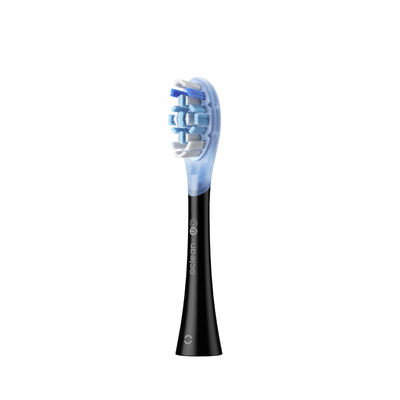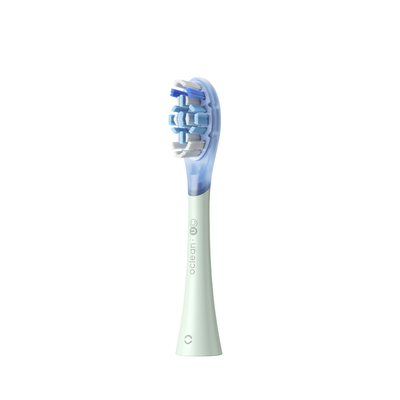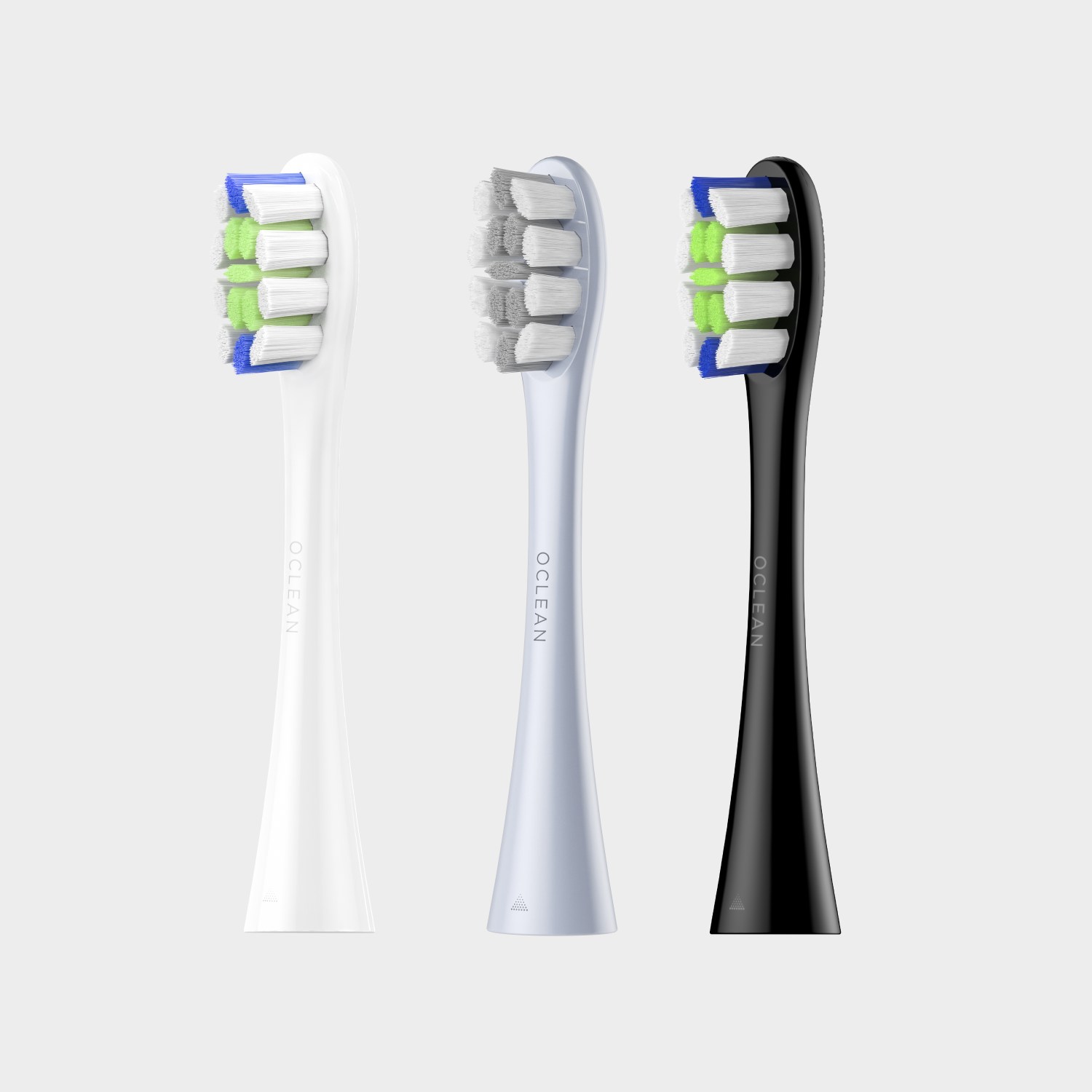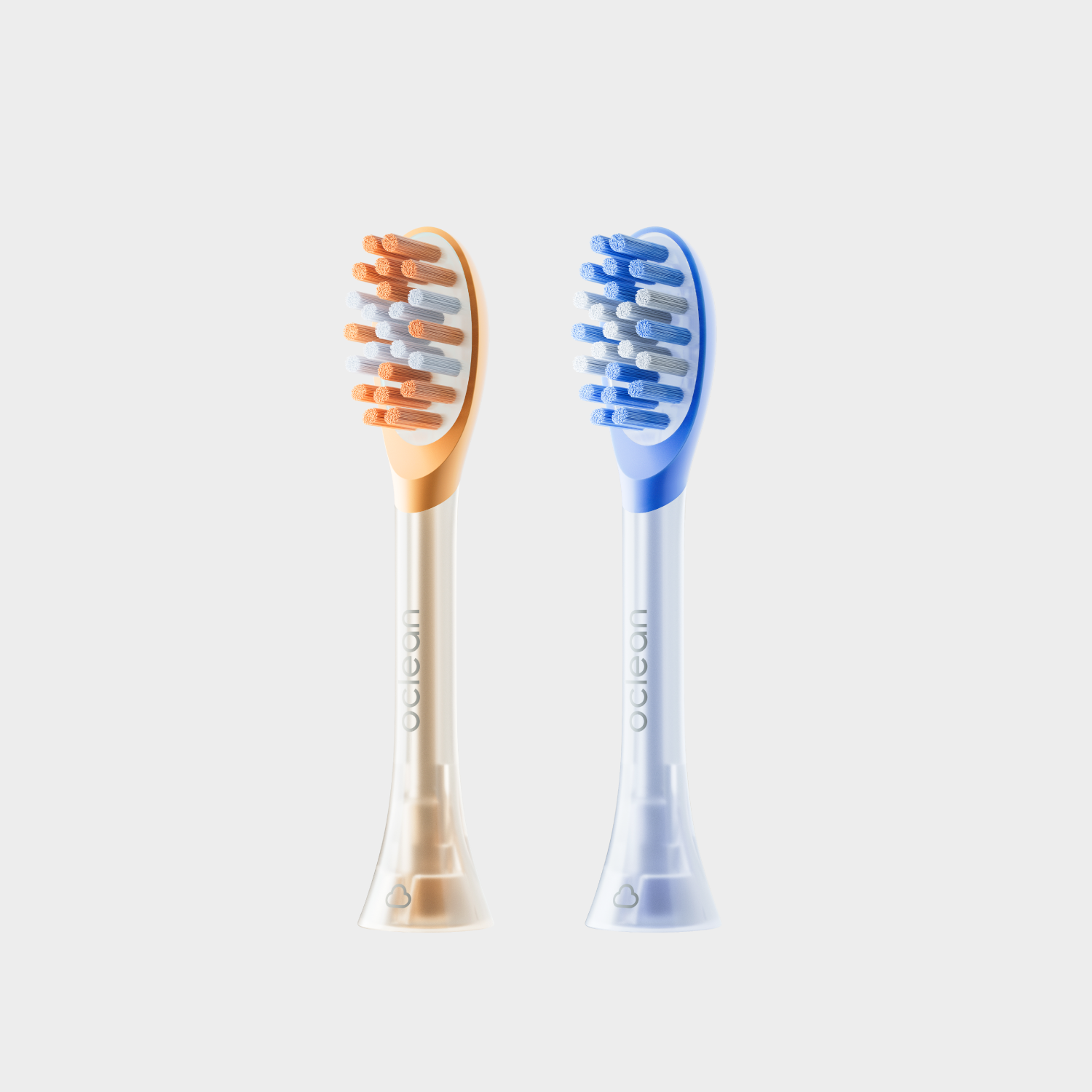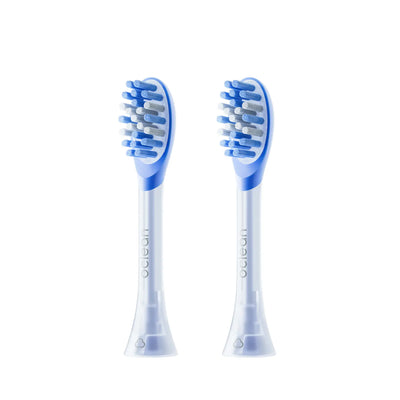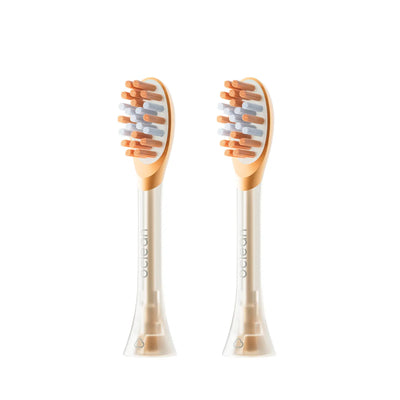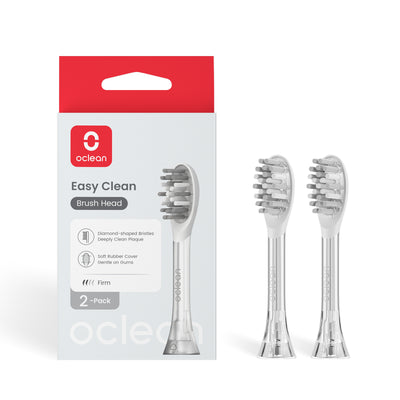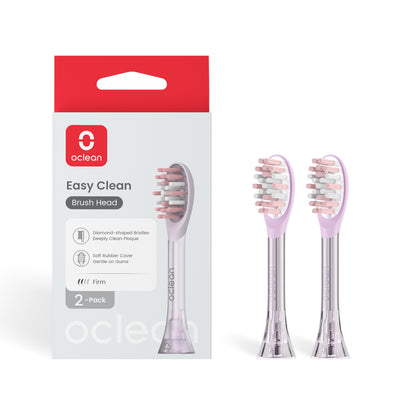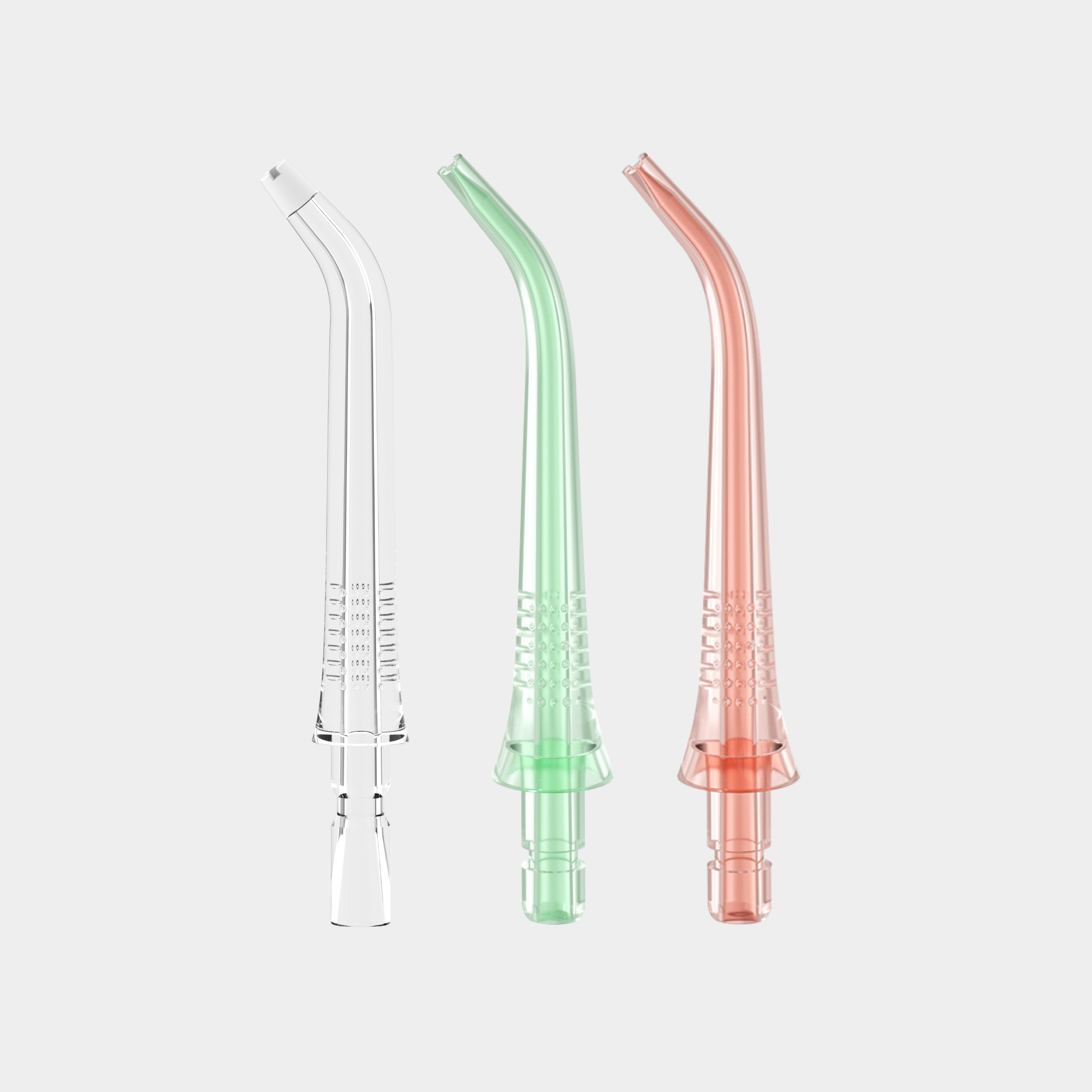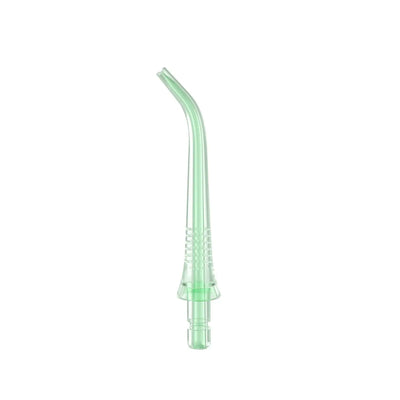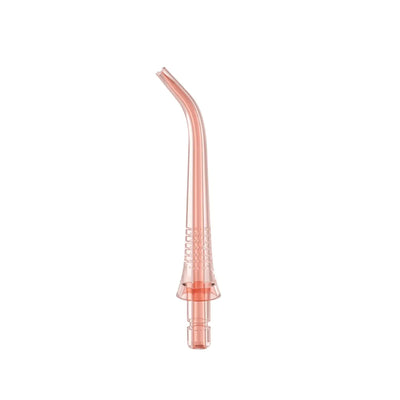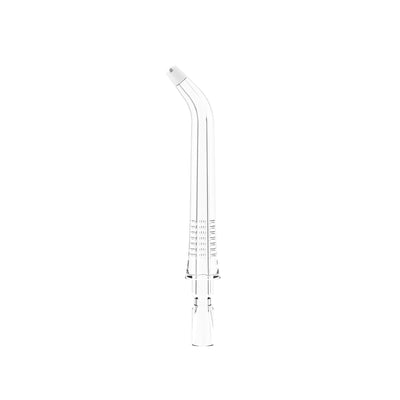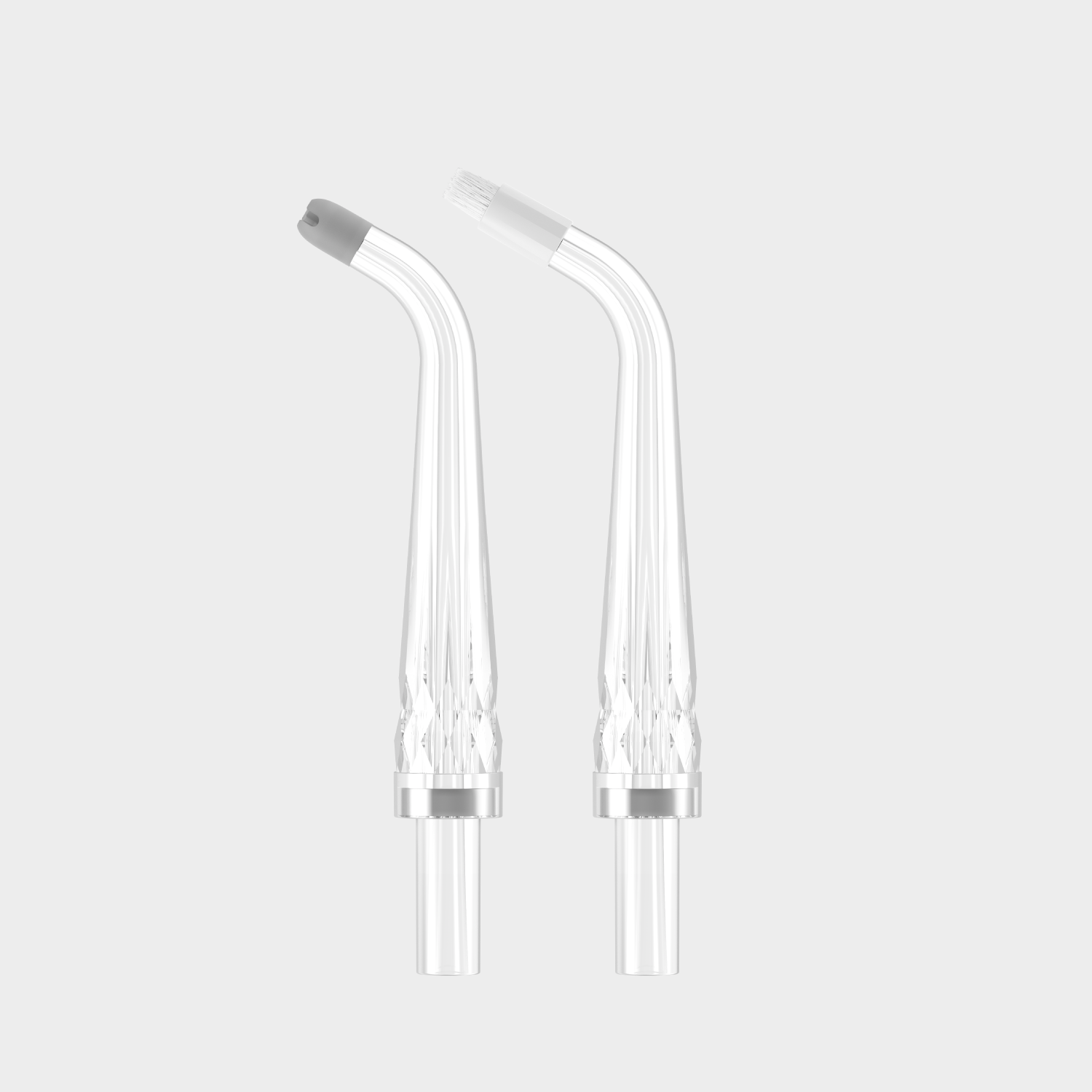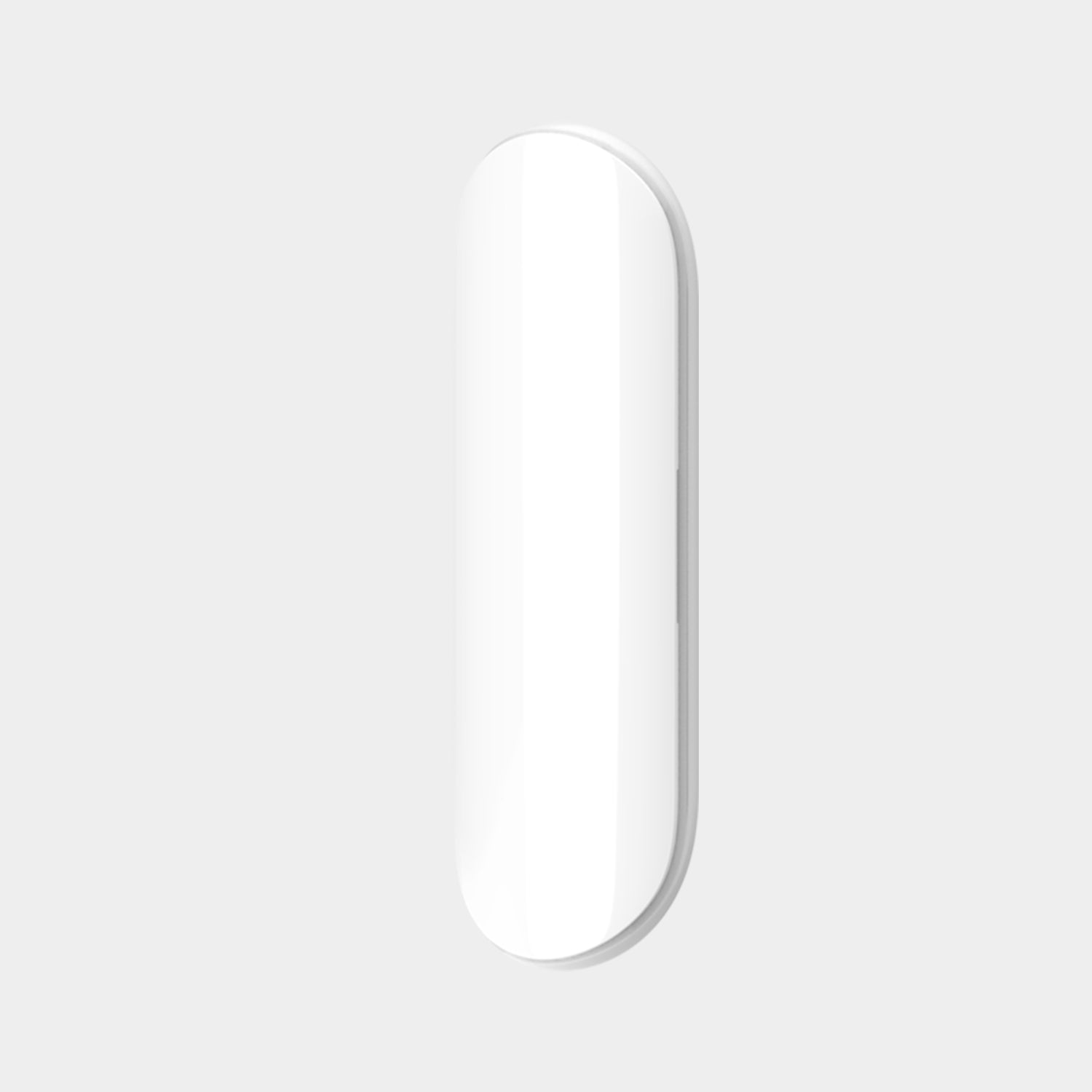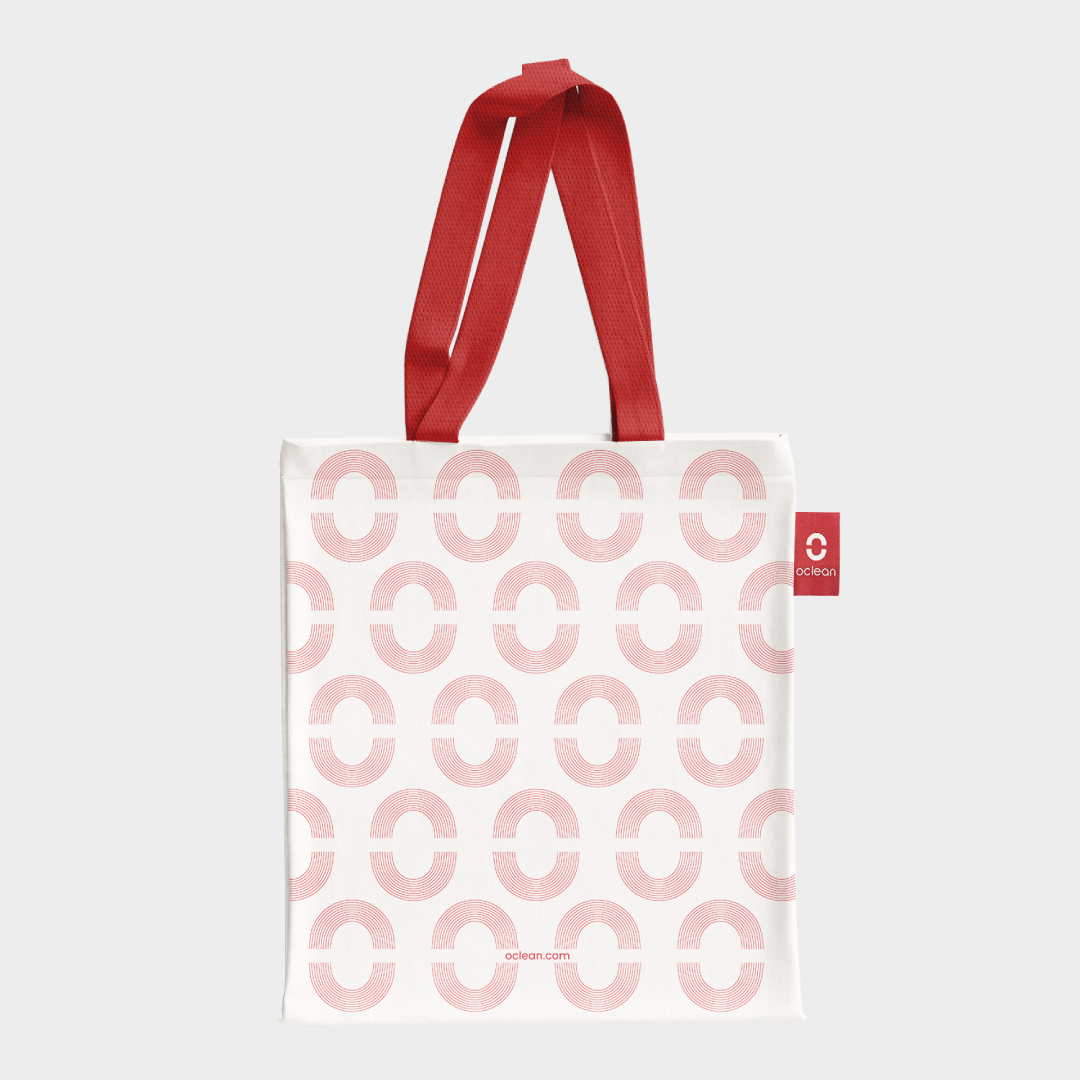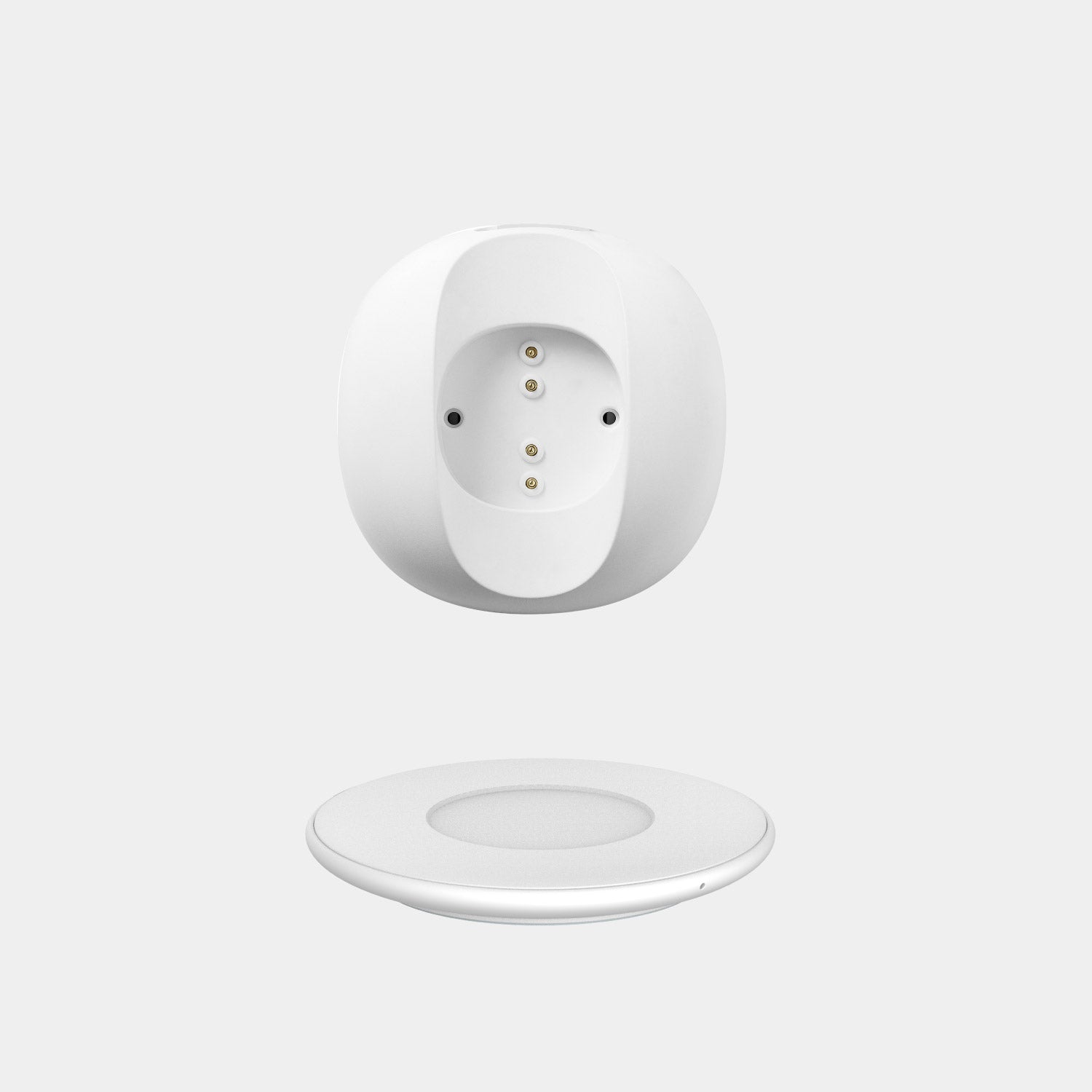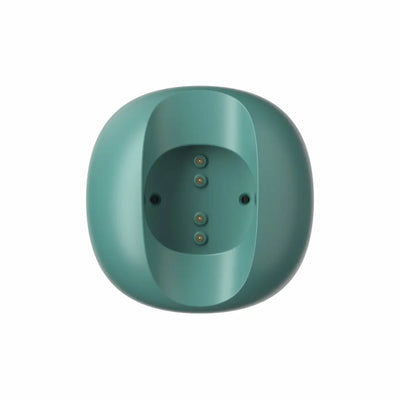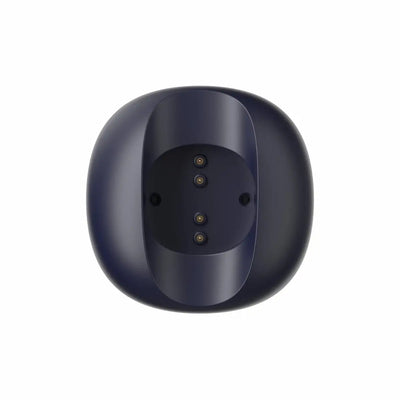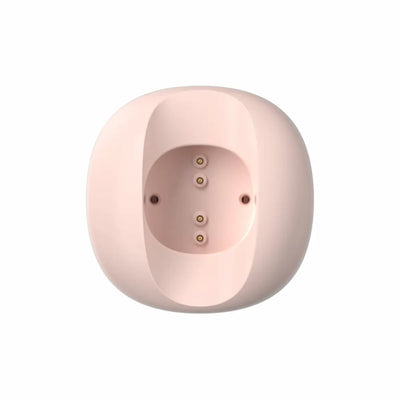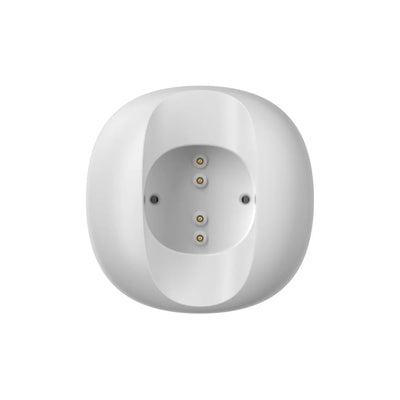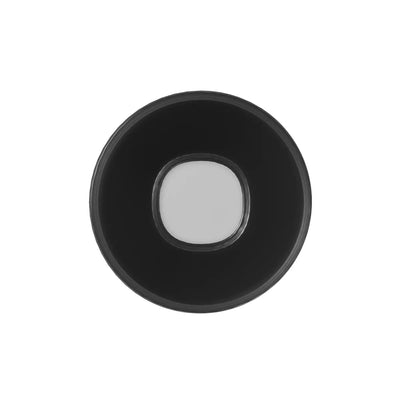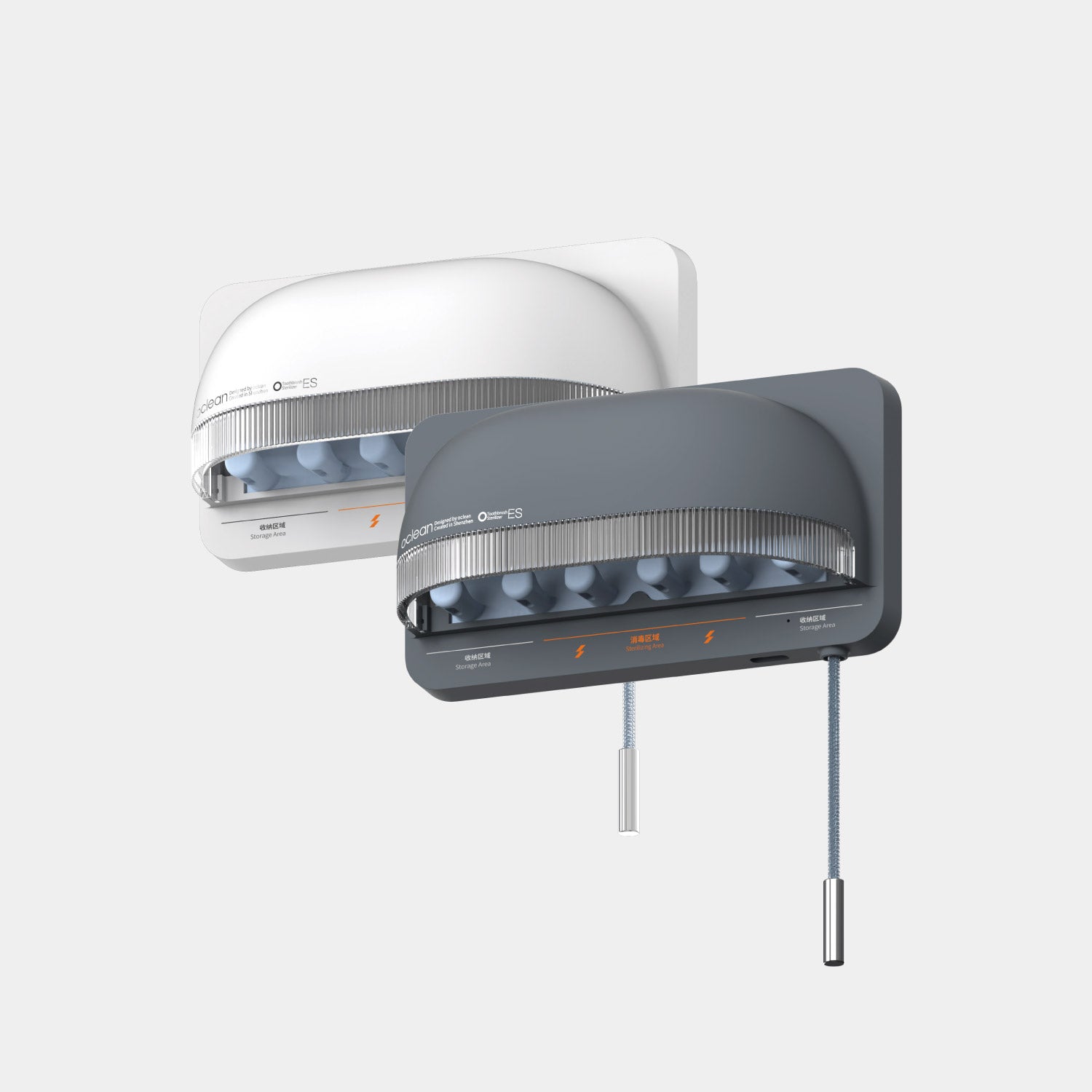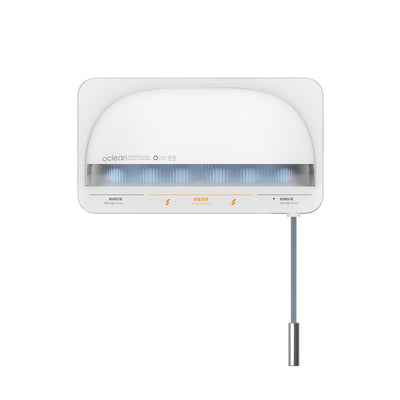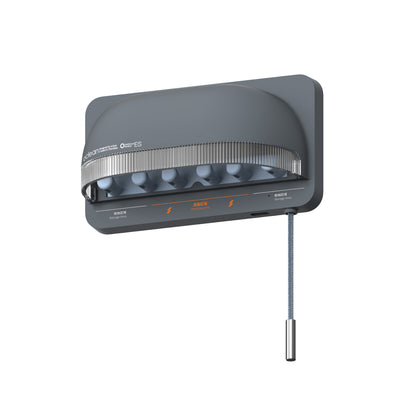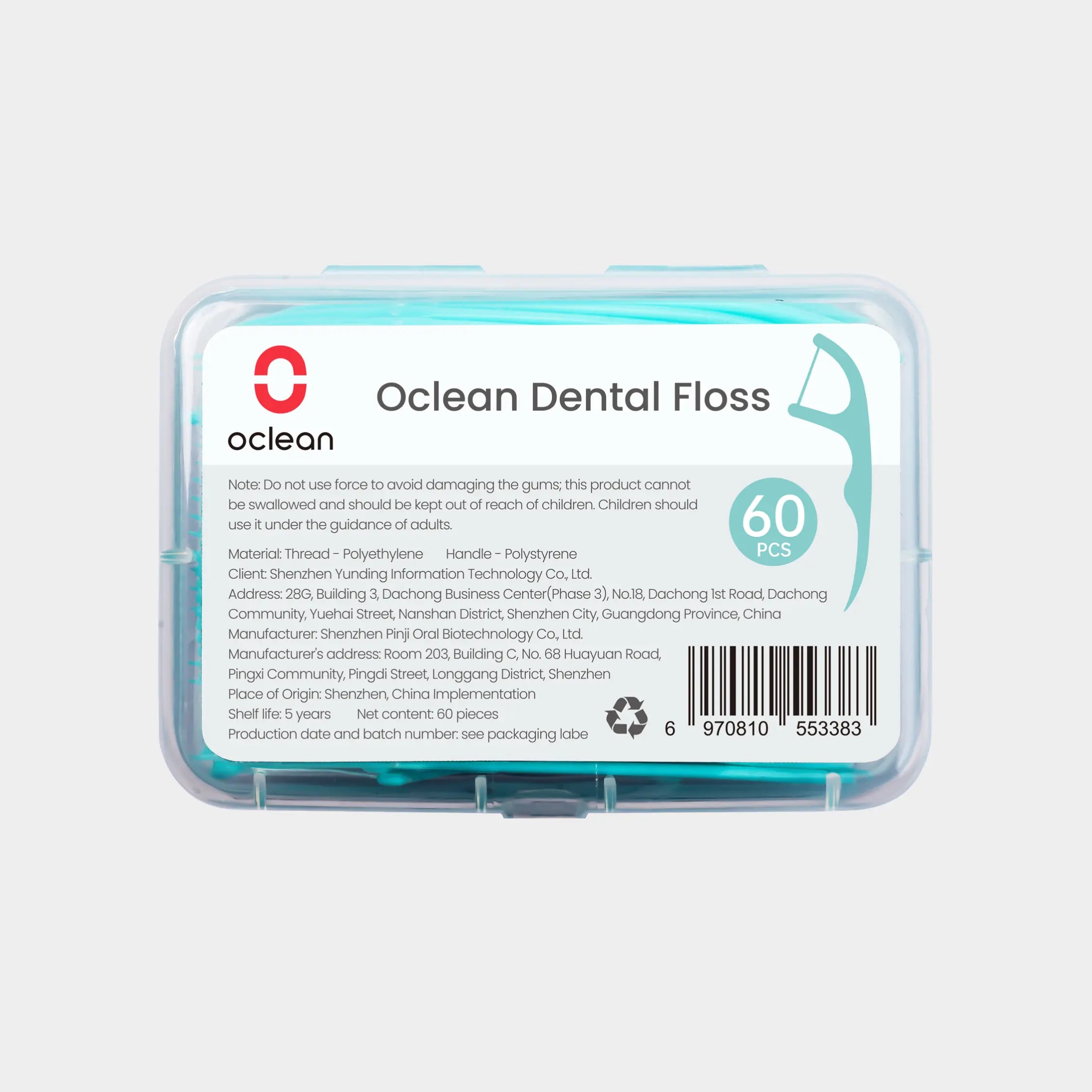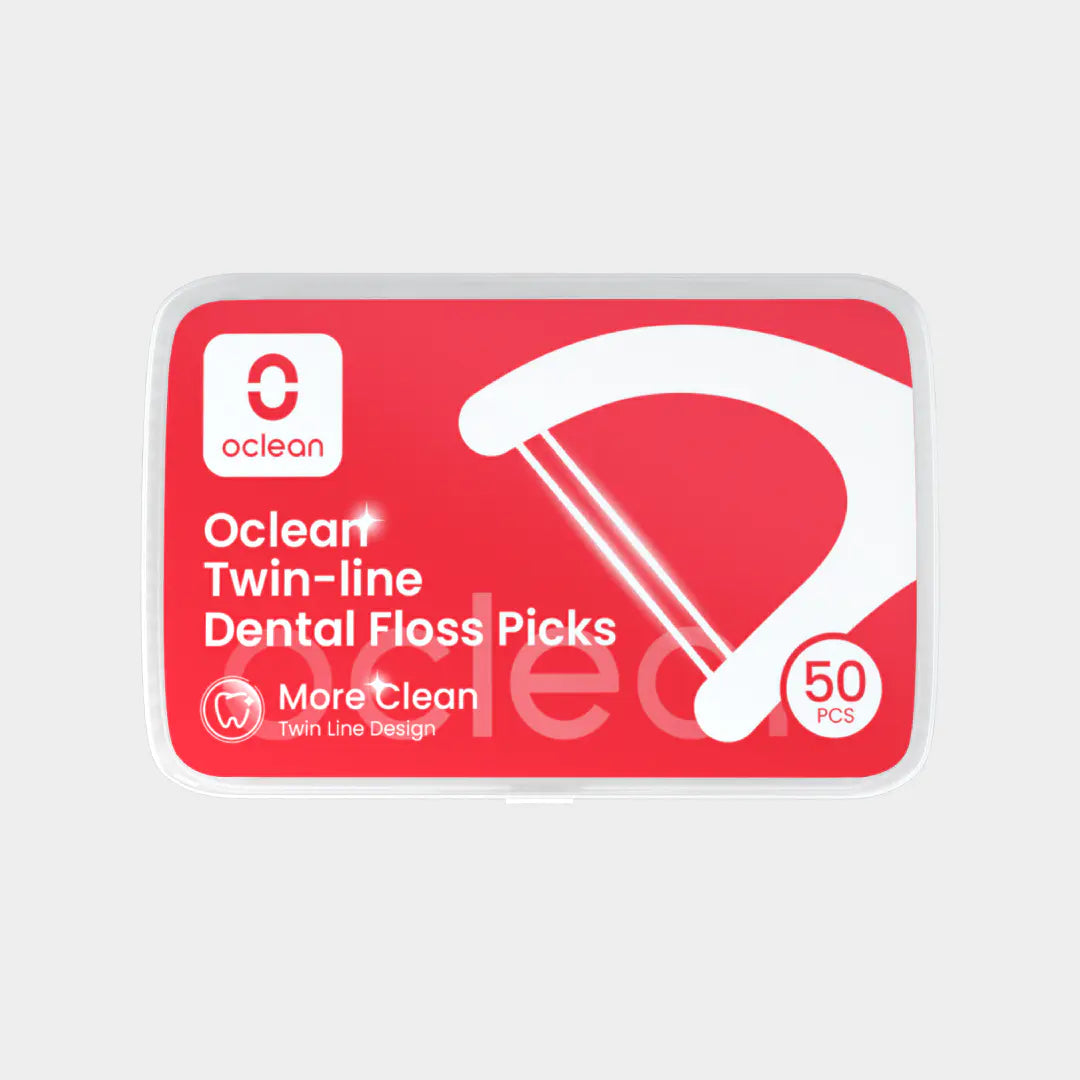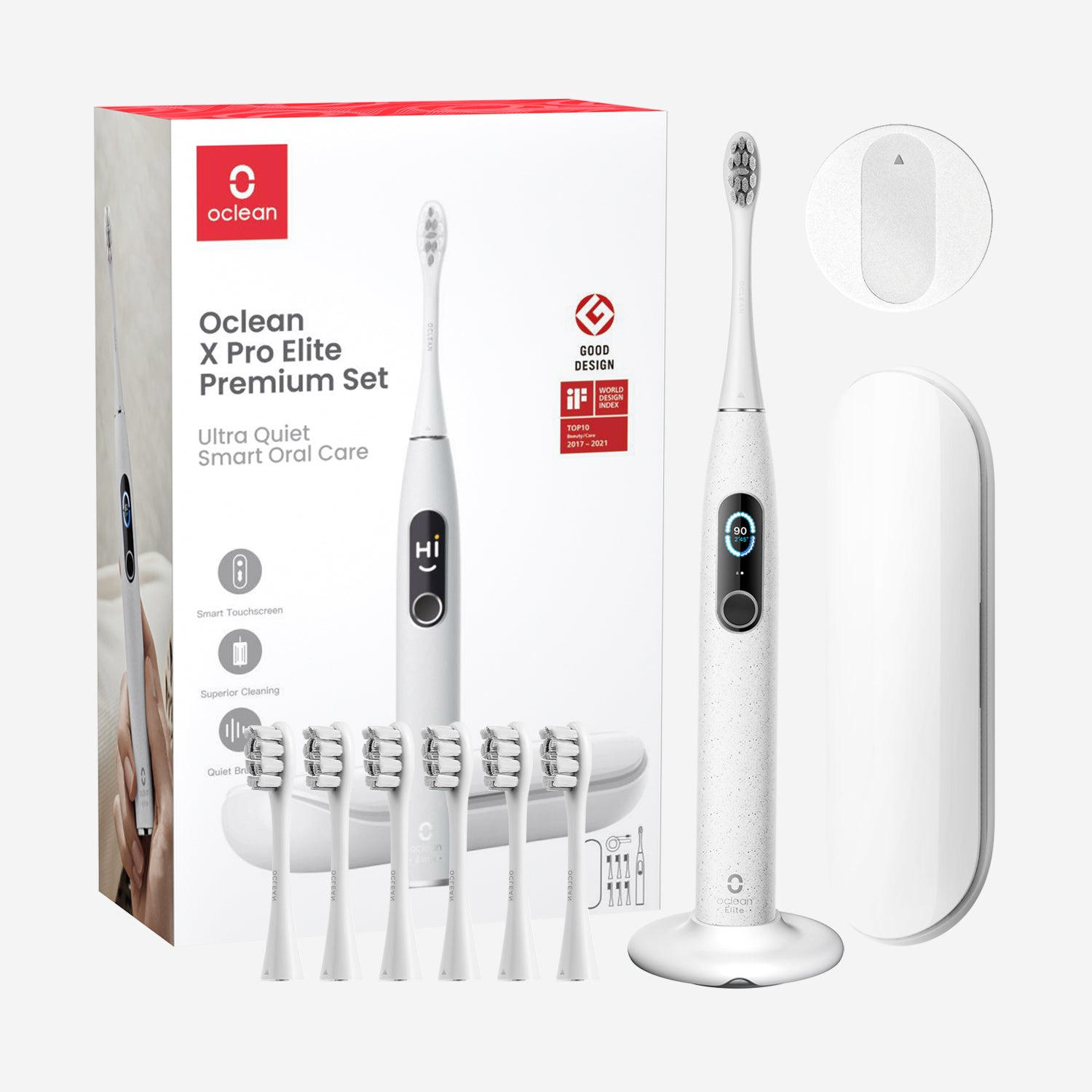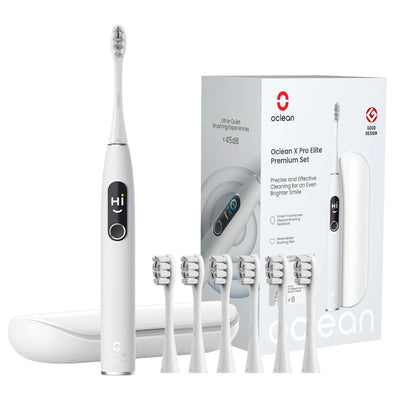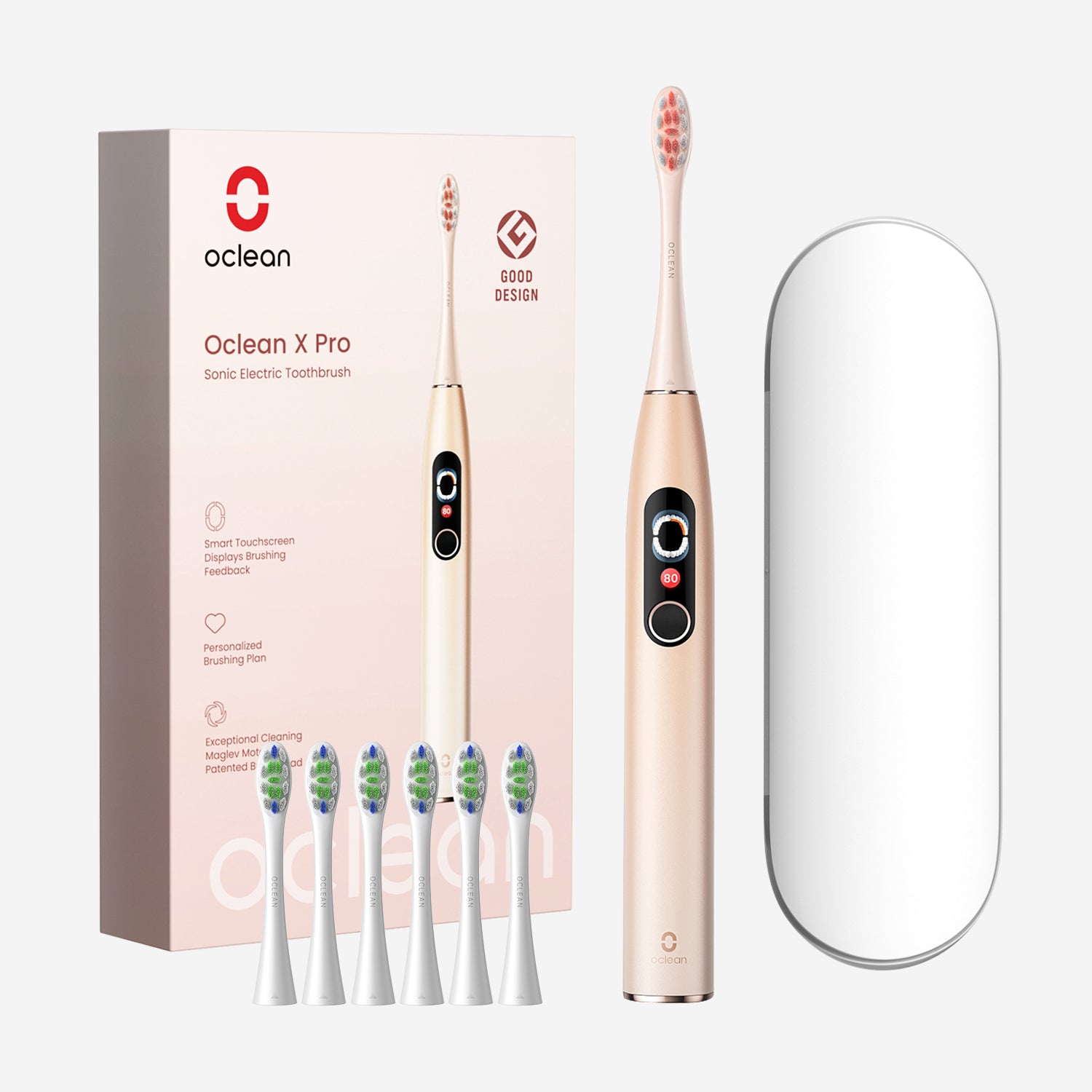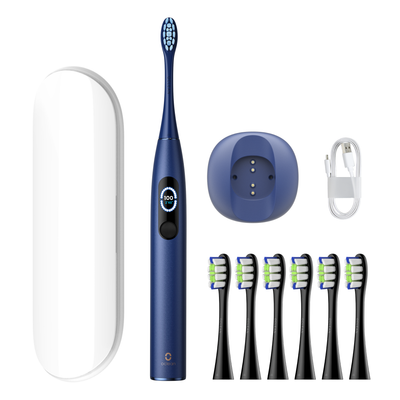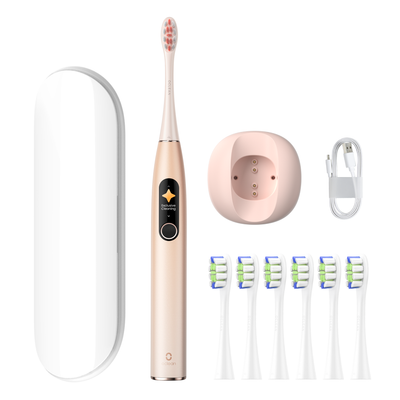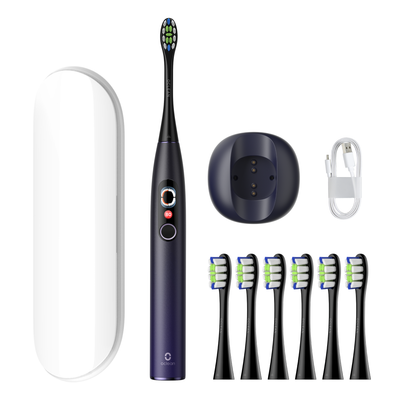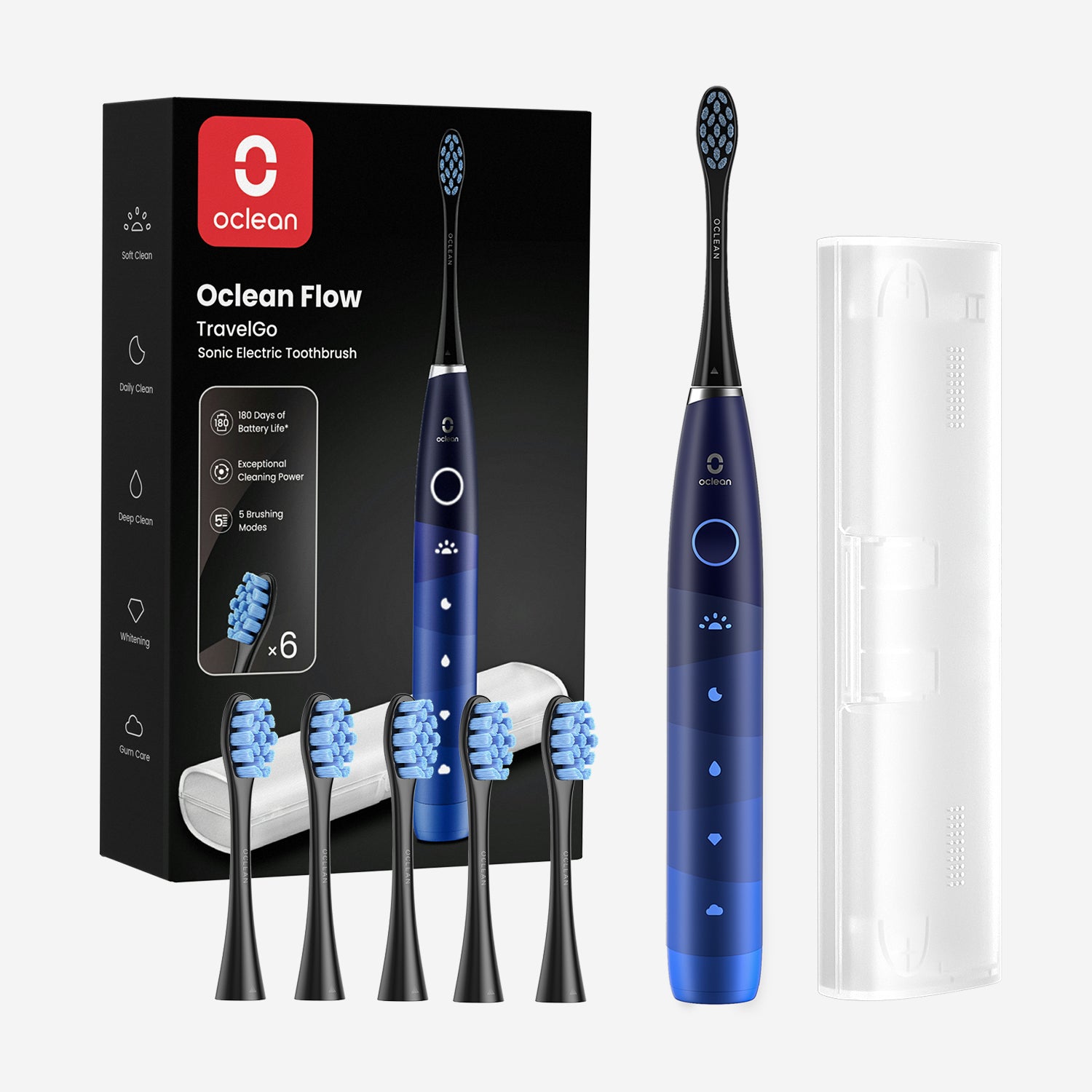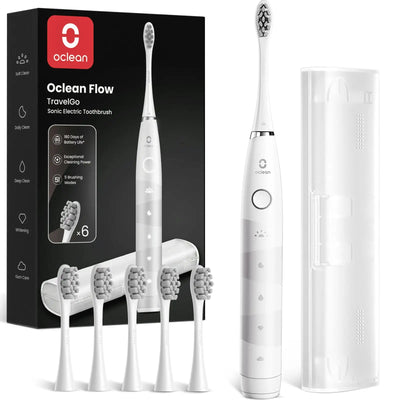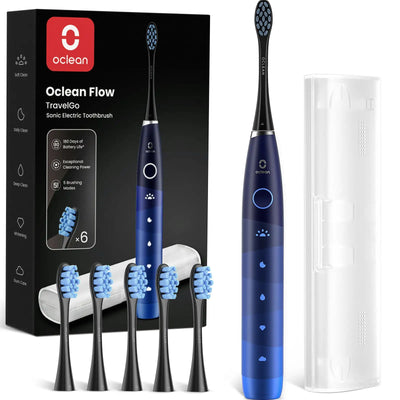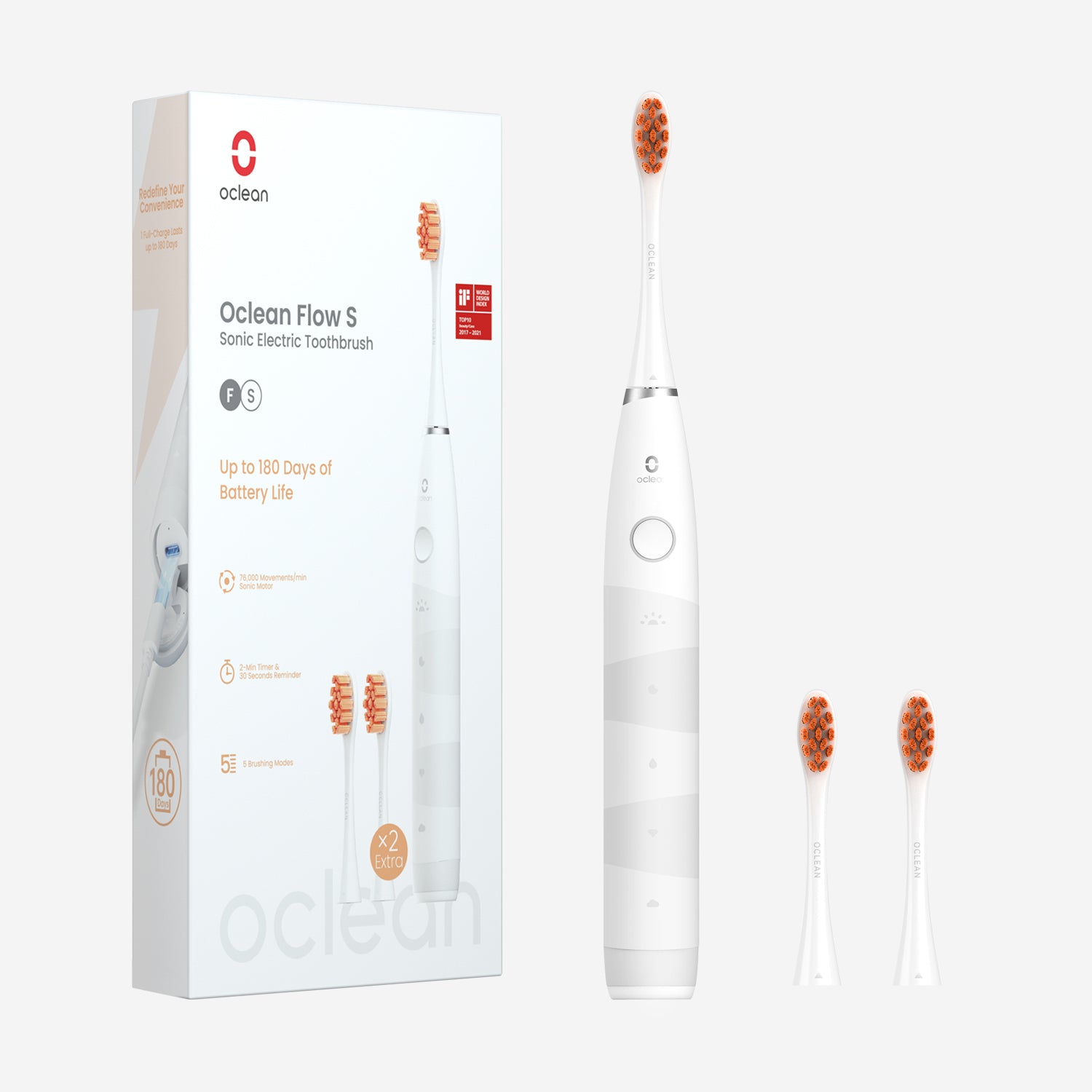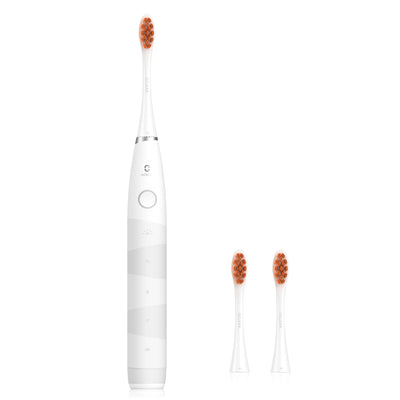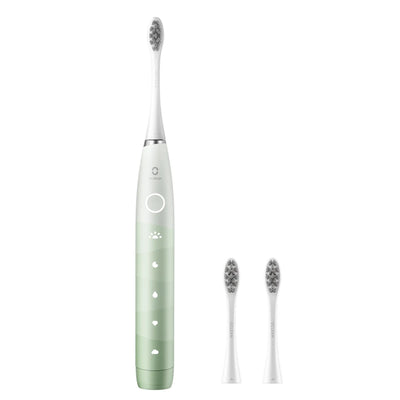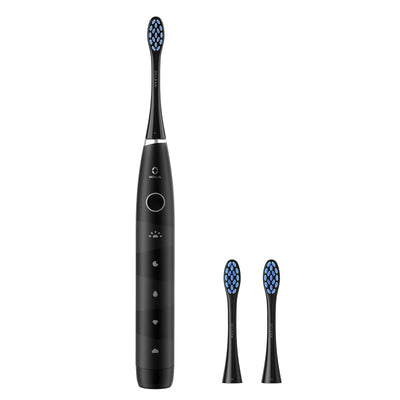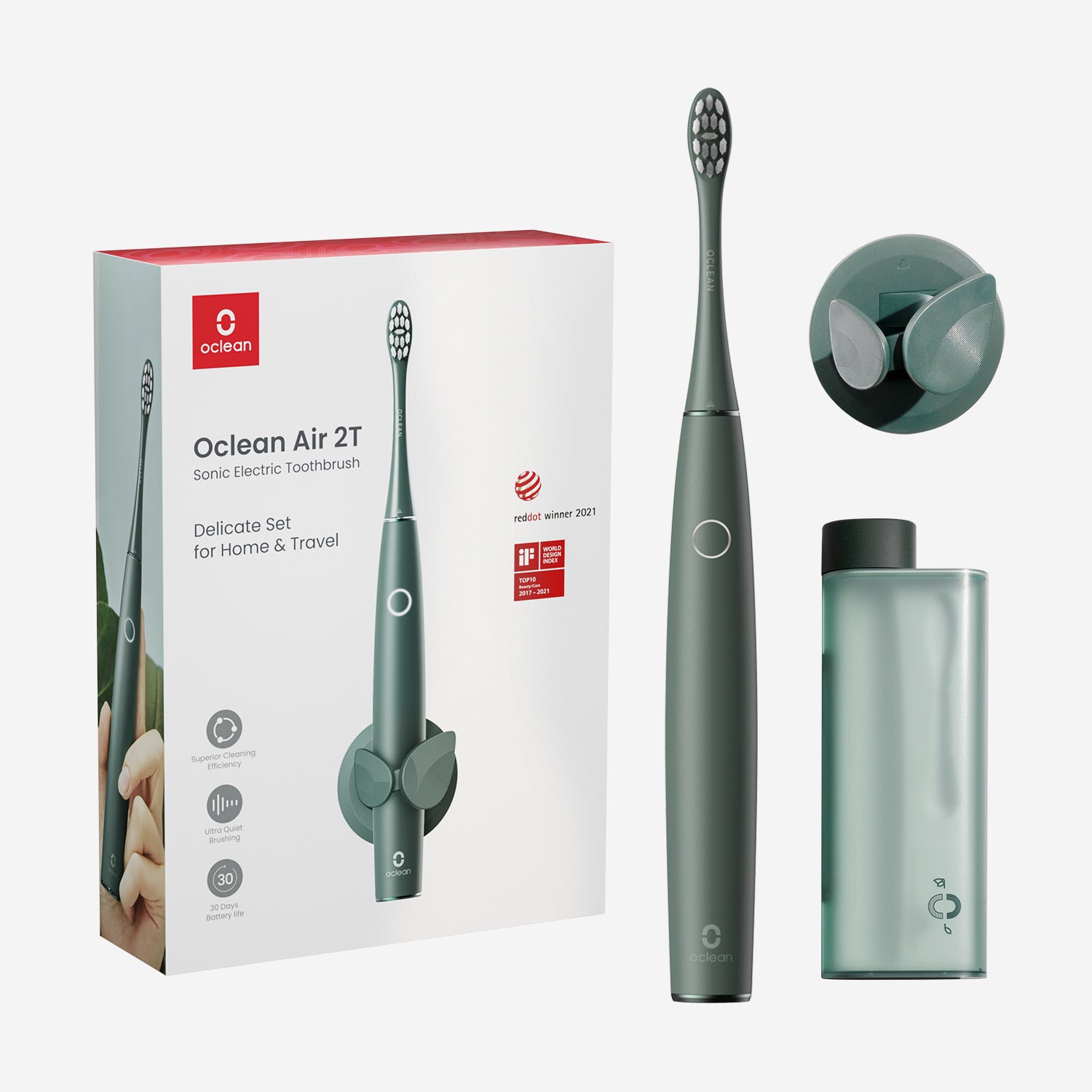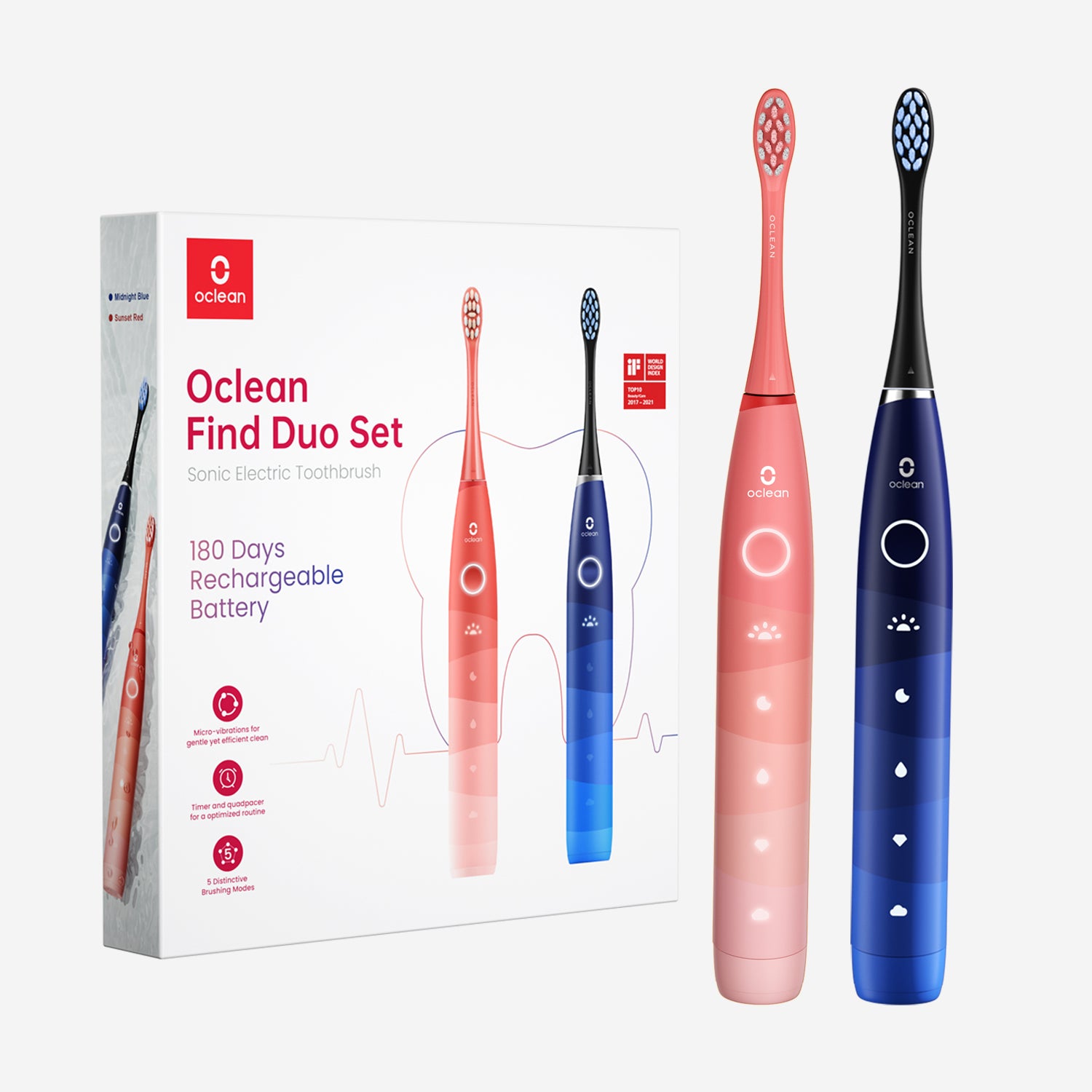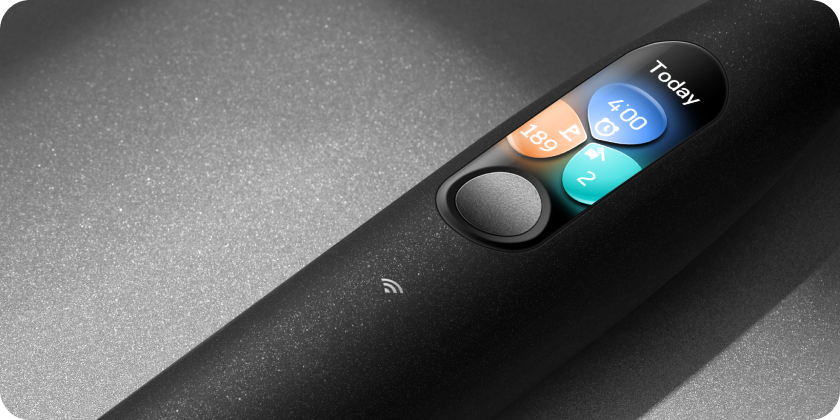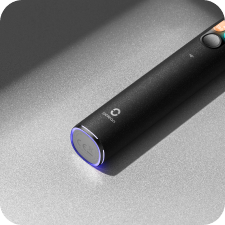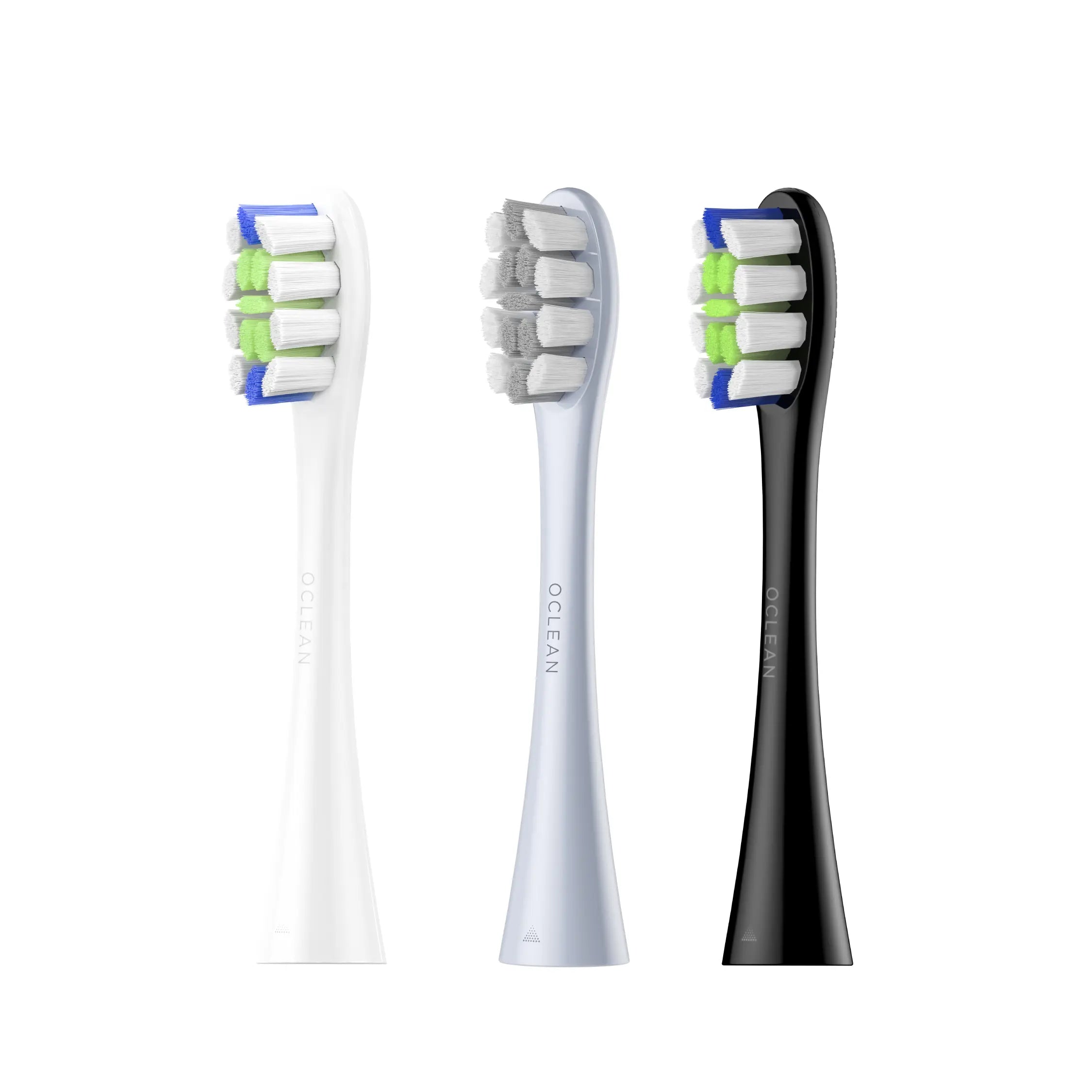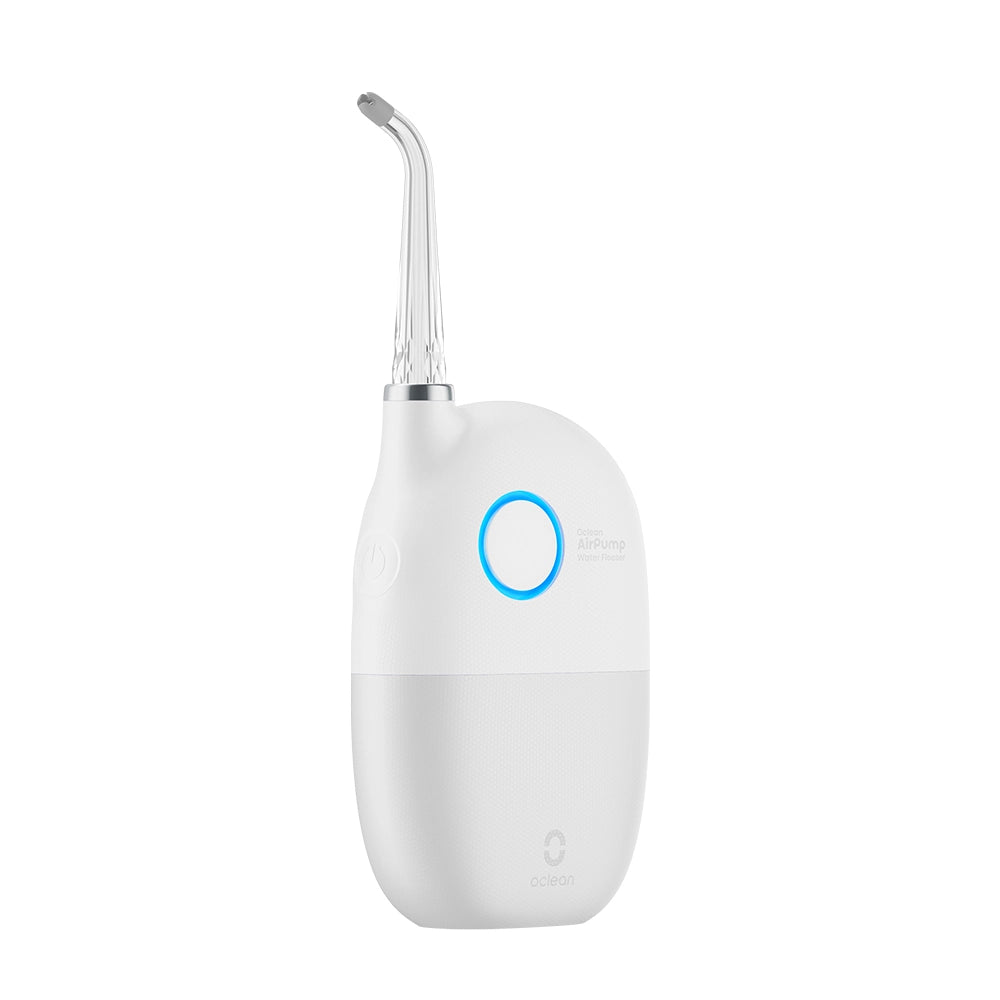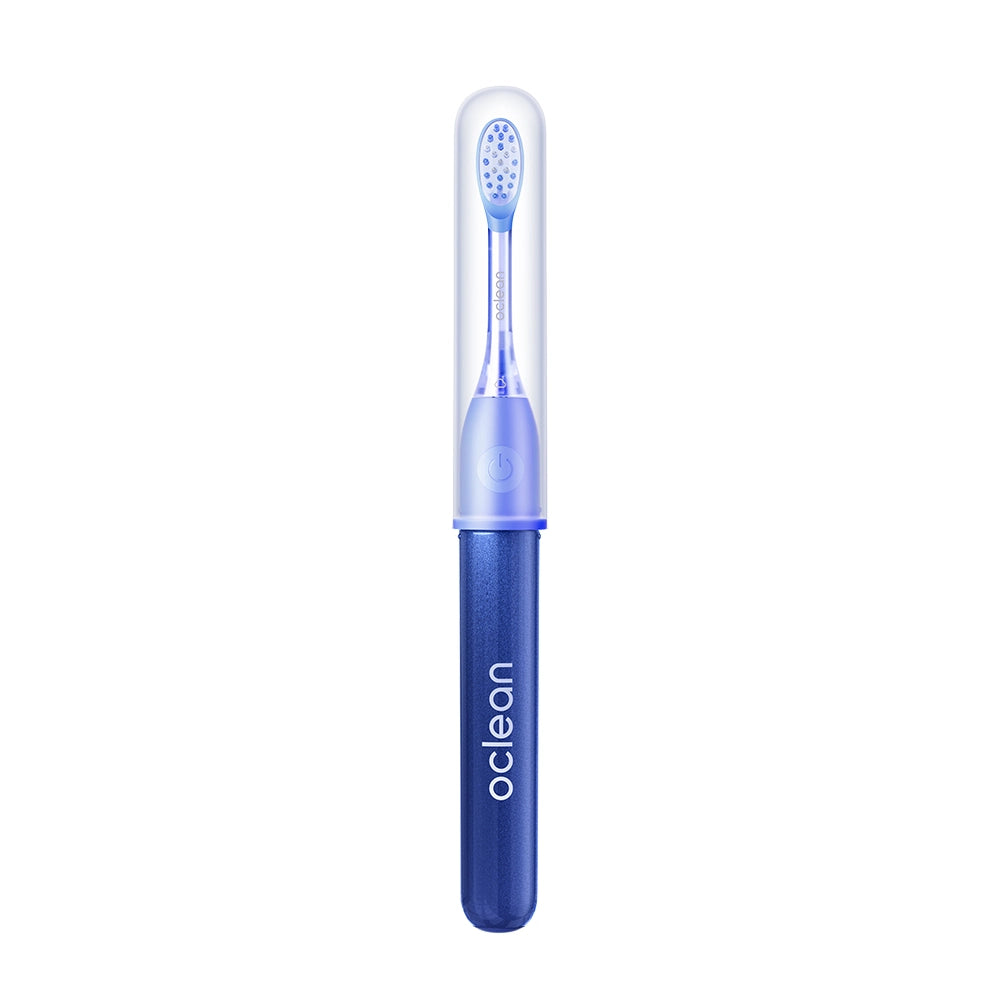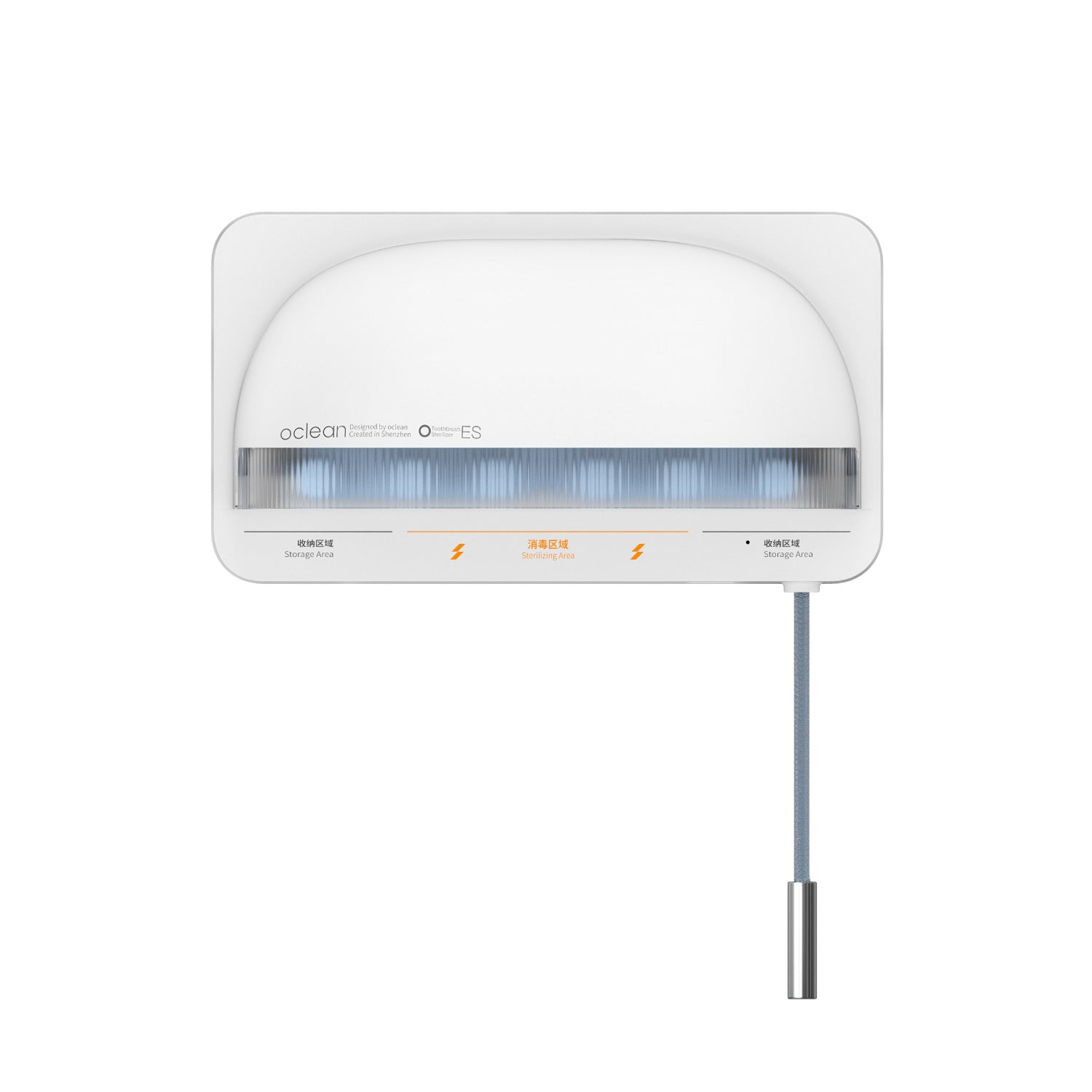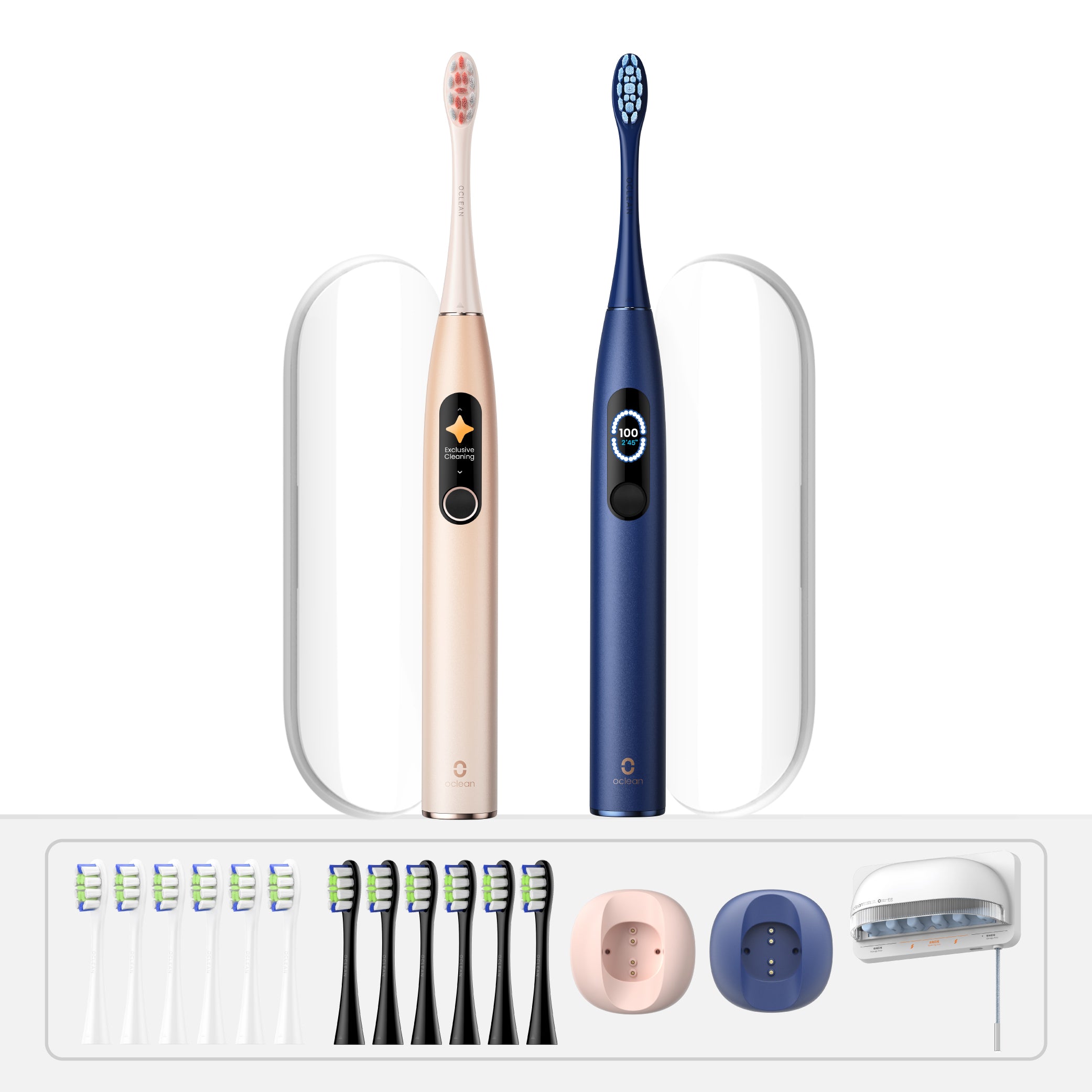Your baby is irritable, sleepless, drooling constantly, and now running a fever. Is this merely teething, or something to be concerned about? There are few things more frightening for a parent than watching their baby in agony and not knowing if they should worry.

One of the most common and confusing questions parents ask is this: Will teething cause a fever? The answer isn’t always as straightforward as it should be, which only adds to the stress when your baby suddenly spikes a temperature.
In this guide, we’ll break down what teething really looks like and whether it can trigger a fever.
What Is Teething, and When Does It Start?
Teething is a natural stage of development when your baby's first teeth begin emerging through the gums. It sometimes begins at 4 to 7 months, but occasionally babies begin earlier or later. The lower front teeth (lower central incisors) usually erupt first, followed by the upper front teeth, then the sides and molars.
If you want to know more about teething, read our complete guide on "When Do Babies Start Teething?"
This is a process that can take several months and is often simultaneous with other immune system shifts in your baby. That is one reason that teething is associated with so many symptoms, even those that it does not create.
Classic teething manifestations are excessive drooling, swollen gums, chewing with the hands or toys, irritability, and sleep disturbance. An elevation of body temperature in a few babies at this time occurs, but medically speaking, it's not actually a fever.
Most parents confuse this typical warming with illness, especially since teething often coincides with the waning of maternal antibodies, making babies more vulnerable to true infections. Teething is a predictable, harmless milestone. But understanding the difference between normal and abnormal signs is the first step toward knowing what to do about them.
Will Teething Cause a Fever? Separating Myth from Fact
Let's get things straight: teething does not cause a real fever. Paediatricians and infant health experts agree that the temperature of an infant may rise marginally during teething, but if it exceeds 100.4°F (38°C), it is not because of teething itself.
So why does this myth persist? The timing is the reason. Teething often begins just as a baby's immune protection from mom (maternal antibodies) runs out. That leaves babies more susceptible to infections like colds, ear infections, and even viruses that cause fever.
An article in the journal Paediatrics found that while teething might be accompanied by low-grade increases in temperature, the vast majority of babies who were actually having fevers during this time were indeed fighting off an infection. Confusing the two can lead to a delay in receiving medical care.
It is also common for parents to presume cause-and-effect: baby starts teething and then develops a fever, so the two must go hand-in-hand. But correlation does not imply causation.
Doctors advise that any temperature over 100.4°F should be treated as a possible sickness, not a sign of teething. Disregarding this can result in missed signs of bad illness.
Having this understanding makes parents more self-assured in their reaction. It is not ignoring symptoms that demand help, but neither is it panicking at every whimper and sweating forehead.
Common Teething Symptoms vs. Signs of Illness
Normal teething needs to be distinguished from the symptoms of actual sickness. Teething is terrible, but it generally doesn't lead to anything damaging.
Common symptoms of teething are drooling (sometimes profusely), red or inflamed gums, intense need to bite or chew on things, irritability, and disrupted sleep. Some infants will rub their cheeks or pull at their ears from referred pain to the gum. A slight increase in temperature (up to 100.3°F) is within normal limits.
On the contrary, diarrhoea, vomiting, rashes, coughing, drowsiness, or refusing to eat for more extended periods cannot be dismissed as teething. A true fever (100.4°F and up) will nearly always be due to something else, like infection by a virus or bacteria.
Among the chief differences are duration and severity. Teething symptoms change from day to day and are responsive to comfort measures. Symptoms of illness last longer and worsen unless treated.
Knowing the signs makes it possible for you to react responsibly. If your baby is feverish and sleepier than usual, irritable, or shows any concerning symptoms, call your paediatrician. It's better safe than sorry, rather than letting an early infection slip through.
Short and sweet, even if teething is making your baby miserable, it is not supposed to make them ill. If they do actually seem sick, then it is time to look beyond teething as the cause.
What to Do if Your Baby Has a Fever When Teething
If your baby is feverish during teething, the first thing to do is to take an accurate temperature. Take a rectal temperature if your baby is under 3 months, or a digital one in the armpit in older babies. If the reading is less than 100.4°F, it could be a mild elevation related to teething.
But if your baby is 100.4°F or more feverish, it's wise to attribute it to illness rather than teething. Look for other symptoms: stuffiness, coughing, fewer wet diapers, poor feeding, or excessive sleepiness.
Call the paediatrician if:
● Your baby is less than 3 months of age and has a fever
● Fever lasts over 48 hours
● There are other symptoms like diarrhoea, rash, or vomiting after the fever
In the meantime, keep your baby calm and well-hydrated. Dress them in loose, comfortable clothing and provide them with extra hugs.
If your doctor advises, you might take infant ibuprofen or acetaminophen to help lower the fever and ease aches. Always follow dosage instructions and don't give medication just for teething unless your healthcare provider advises otherwise.
Never, ever administer aspirin to babies, and never resort to old-fashioned measures like alcohol rubs or ice baths, which are risky.
Fever is not always a reason to panic, but it is always a reason to stay vigilant. Trust your gut, know your baby's normal, and don't hesitate to seek assistance when things don't feel normal.
How to Soothe a Teething Baby Safely
Soothing a teething baby can seem like an experiment, but some strategies reliably succeed without introducing risk.
Begin with something cold. A cold (not iced) washcloth, spoon, or teething ring will do the trick. The cold numbs the gums and makes them less inflamed. Silicone teethers are better than liquid-filled teethers, which may leak or shatter.
Massage with soft gum rubbing by a clean finger can also relieve tenderness. Merely rub in small circles for a few seconds at a time. Some babies respond right away to pressure.
If your baby is older than 6 months, cold, soft foods like applesauce or yoghurt can be offered. They are also snacks and comforters.
Pain medications are an absolute last resort and only with a physician's recommendation. Steer clear of teething gels that contain benzocaine or lidocaine—the FDA cautions they can cause serious health problems in babies and aren't even worth the temporary relief they offer.
Distraction is also effective. Extra cuddles, singing, or even a warm bath will distract your baby from pain and focus on comfort.
Whatever you choose, do it consistently. Stick with what's working, monitor for any reactions, and adjust as needed. The idea is to reduce discomfort without introducing unnecessary risk.
Every baby is different. Some coast through teething with a whimper, and others scream for weeks. Your job isn't to take away all the pain. It's to make your baby feel safe and secure while they go through it all.
Oral Health Matters from the Start
Even before the very first tooth erupts, your baby's mouth needs to be cleaned. Having early oral care sets the foundation for a lifetime of clean teeth and can even make teething less painful.
Start by gently wiping your baby's gums with a damp, clean washcloth after meals. This reduces bacteria and gets them used to the dental routine.
When the first tooth appears, switch to a baby toothbrush with soft bristles. Brush twice daily with only a smear of fluoride toothpaste, the size of a grain of rice, and brush gently.
Good habits build trust and reduce anxiety. Good habits also help to stop cavities from developing on new teeth, which can develop as early as infancy.
When your child grows older, you can introduce a more adult toothbrush. The Oclean X Kids electric toothbrush is the perfect introduction when your toddler is ready. It cleans more deeply with less pressure, ideal for sensitive mouths.

It is less complicated to make brushing fun from the start. That way, a daily struggle is a lifetime healthy habit.
Final Thoughts: Know What's Normal and When to Act
Teething is a trying time for babies and for caregivers who are concerned about them. It's uncomfortable, exhausting, and sometimes daunting when symptoms muddy the conventional and concerning.
To answer the final question: Does teething cause a fever? No, from a medical perspective. A small increase in temperature is not cause for alarm, but a true fever always warrants a closer look.
The best you can do is be aware and attentive to your baby's cues. Trust yourself, seek assistance when needed, and take comfort in the fact that this period will arrive and pass.
In the meantime, arrive with love, patience, and a few smart tricks up your sleeve because when you know what's on the horizon, you can meet whatever comes your way with clarity and calm.
Table of Contents
